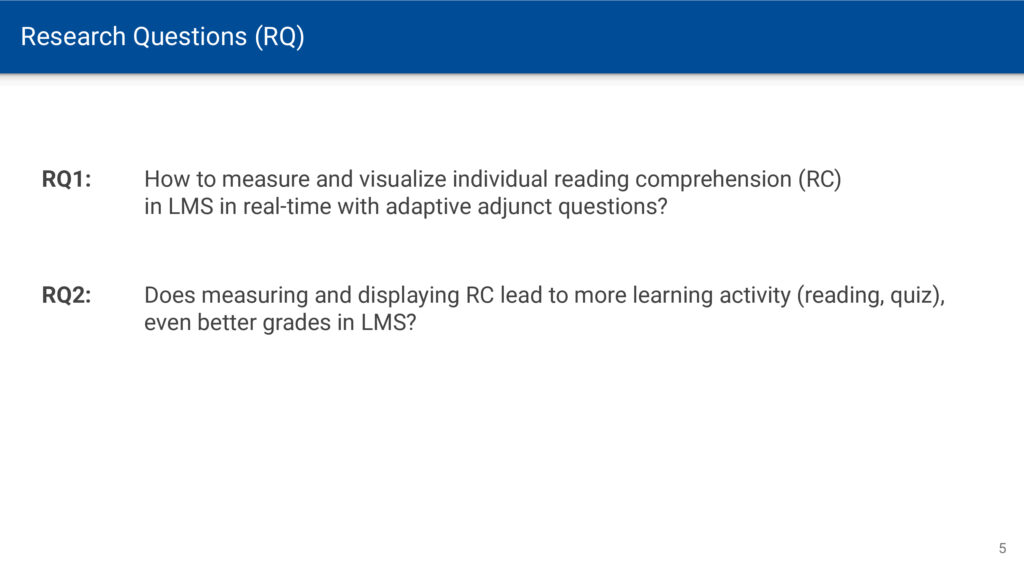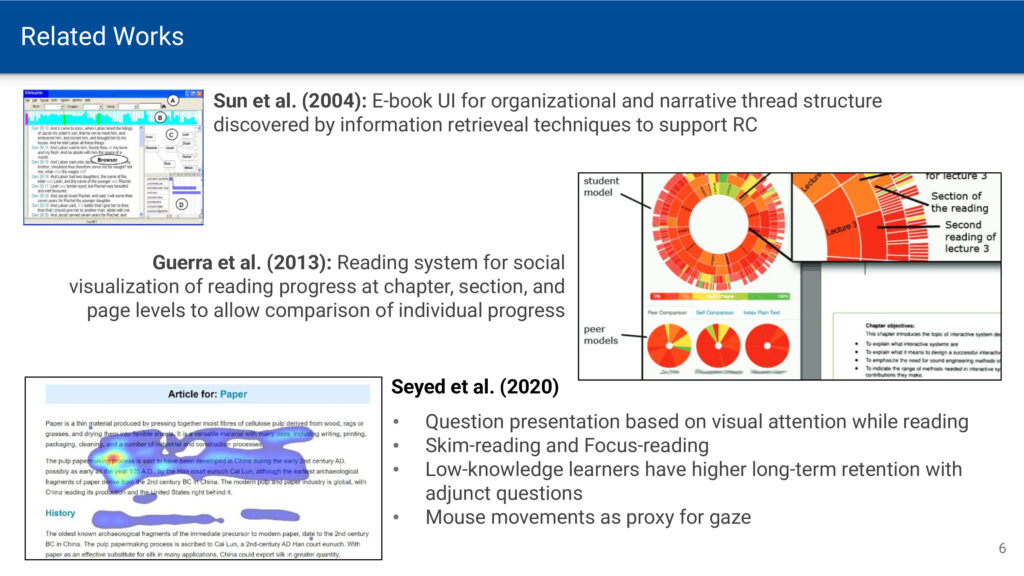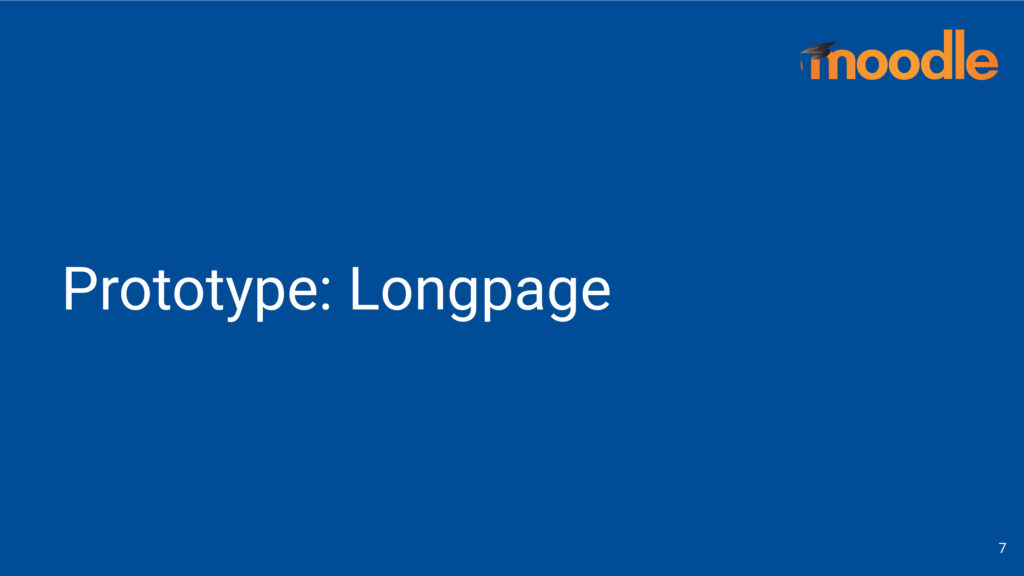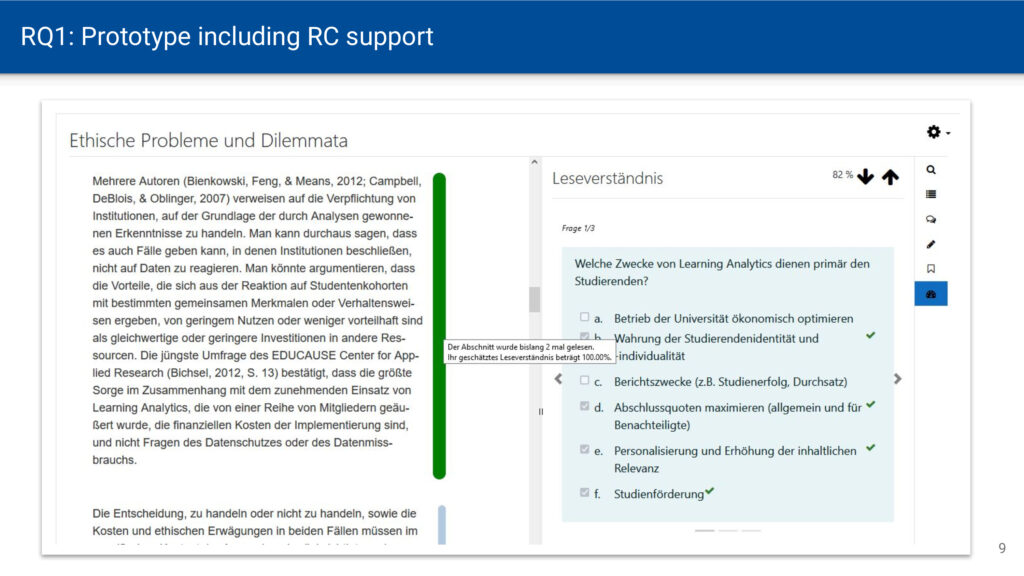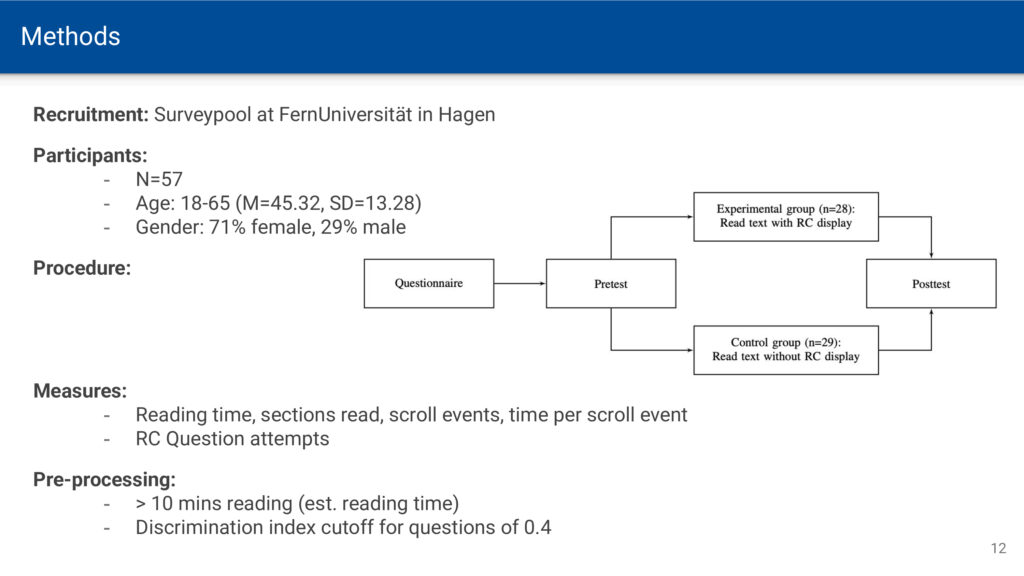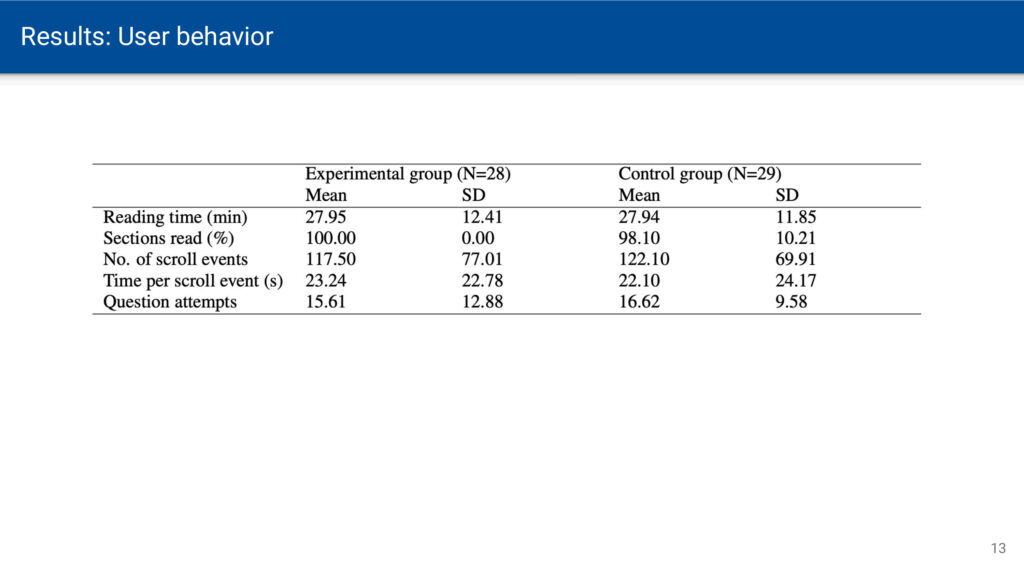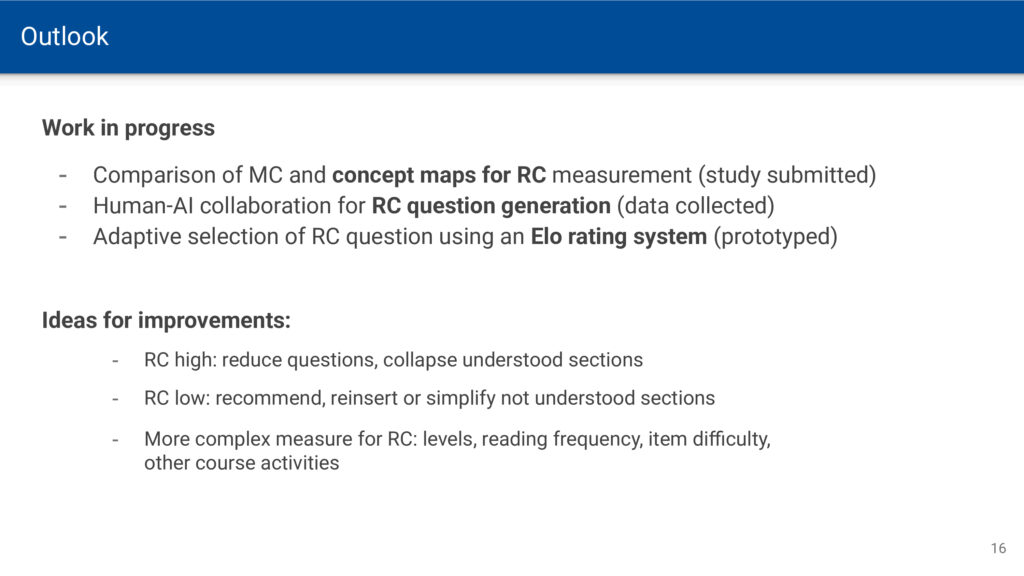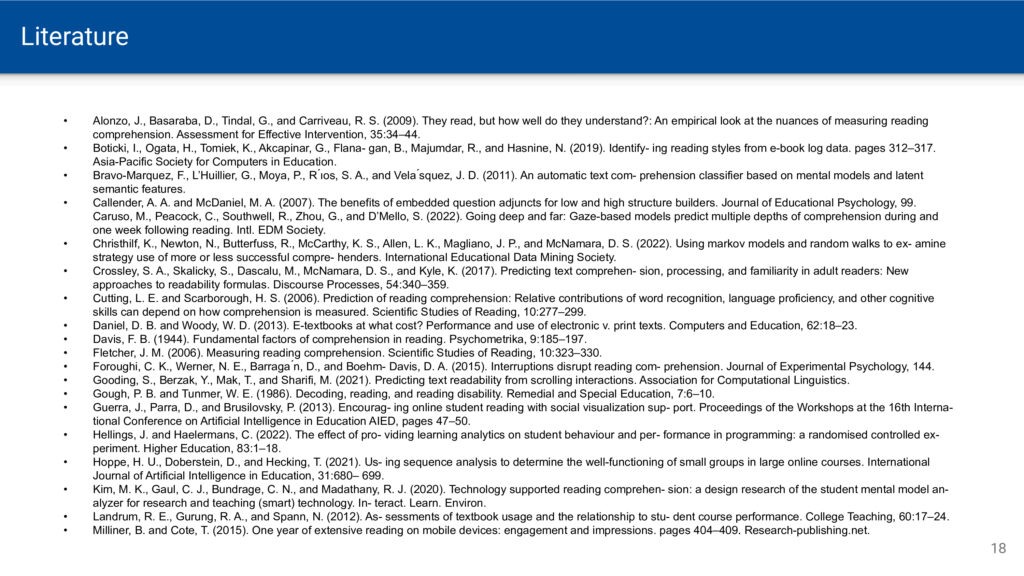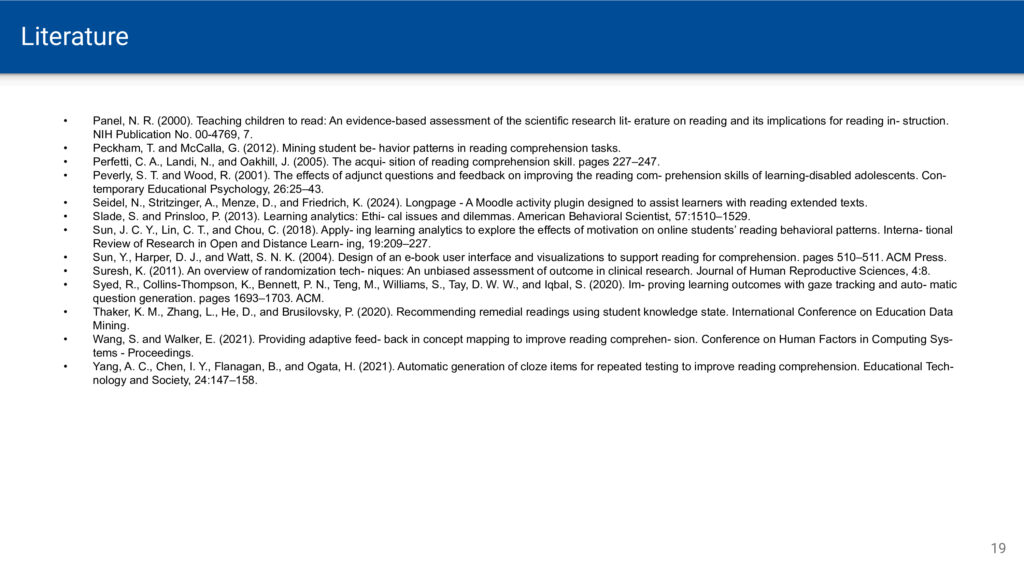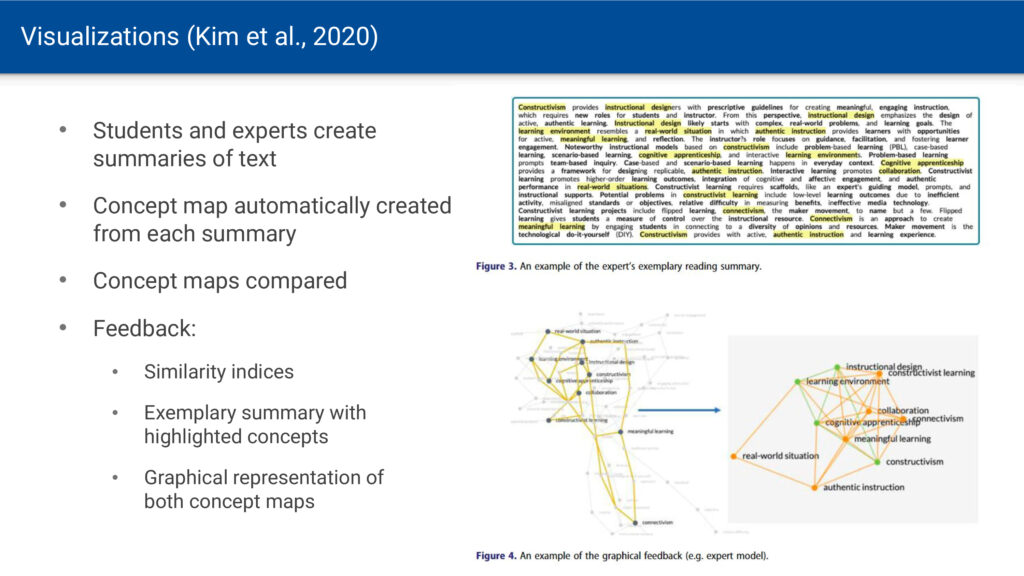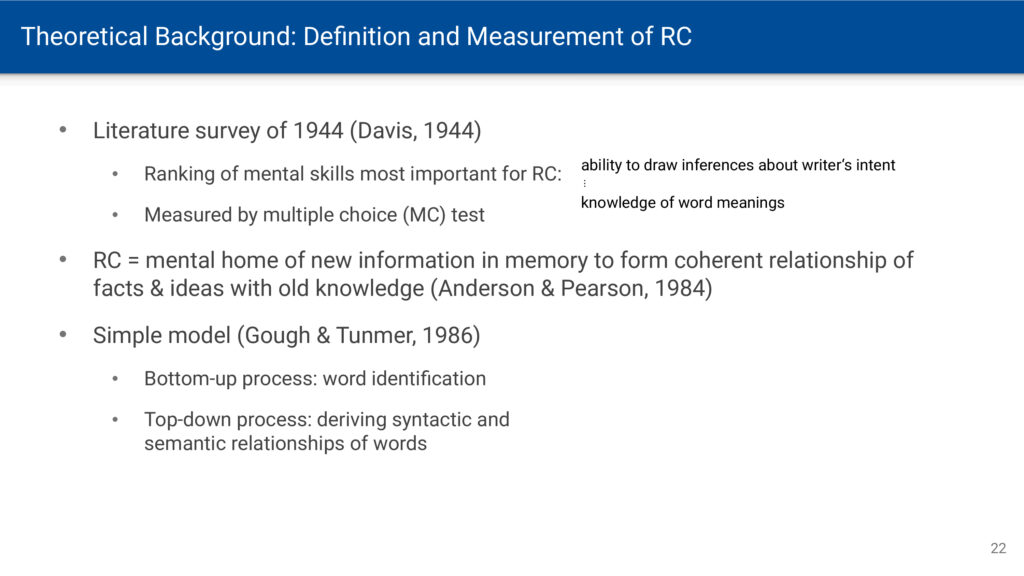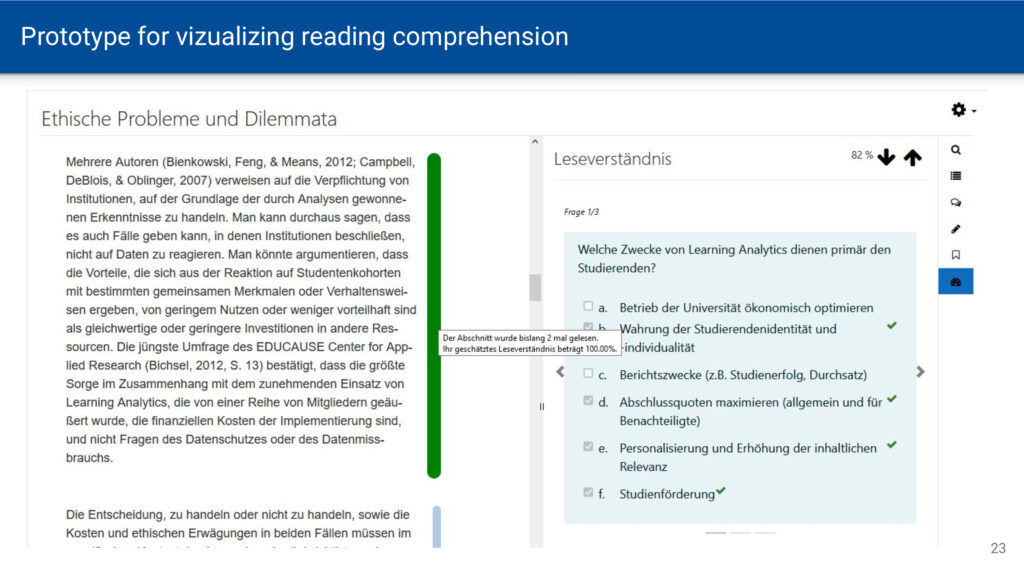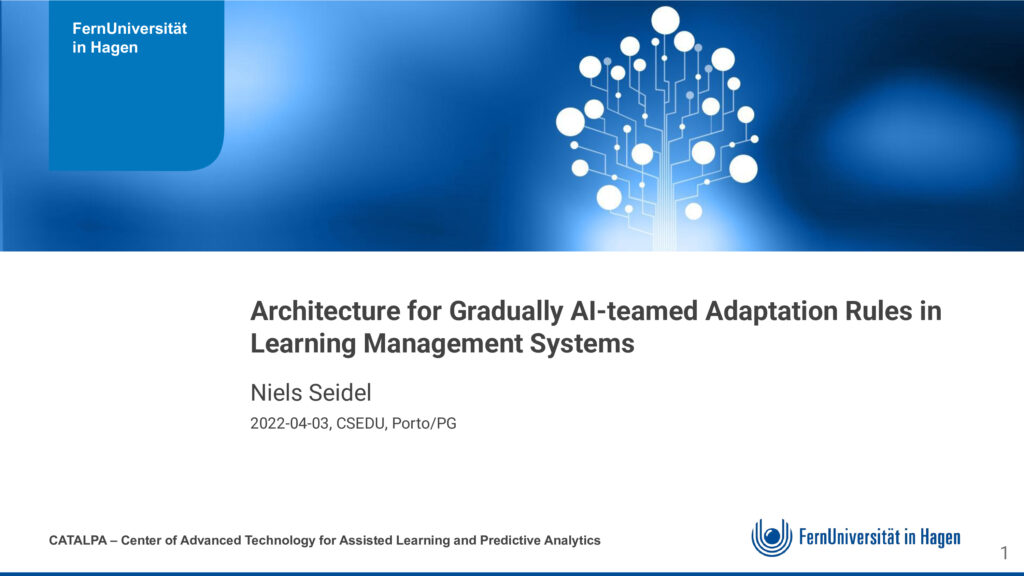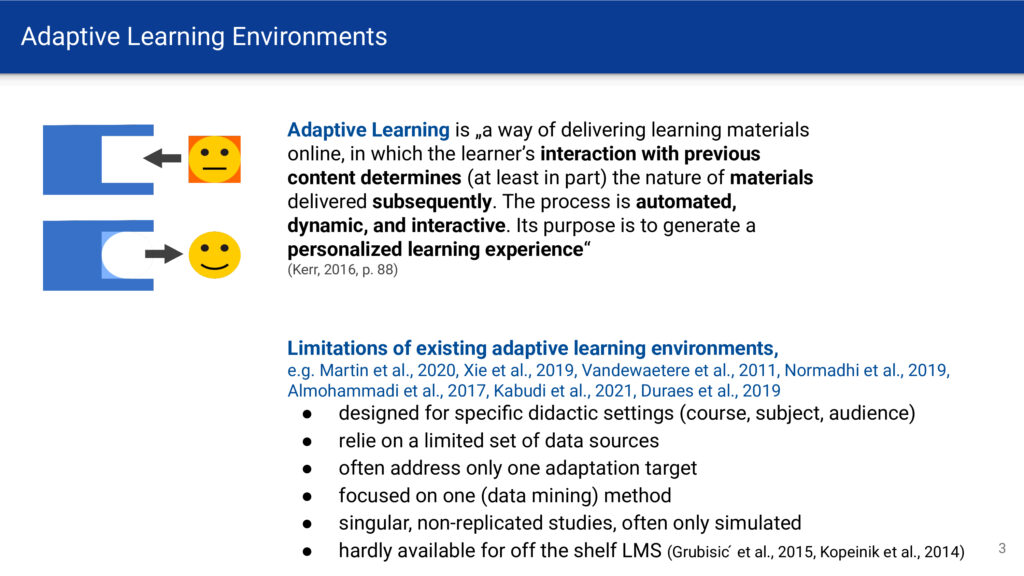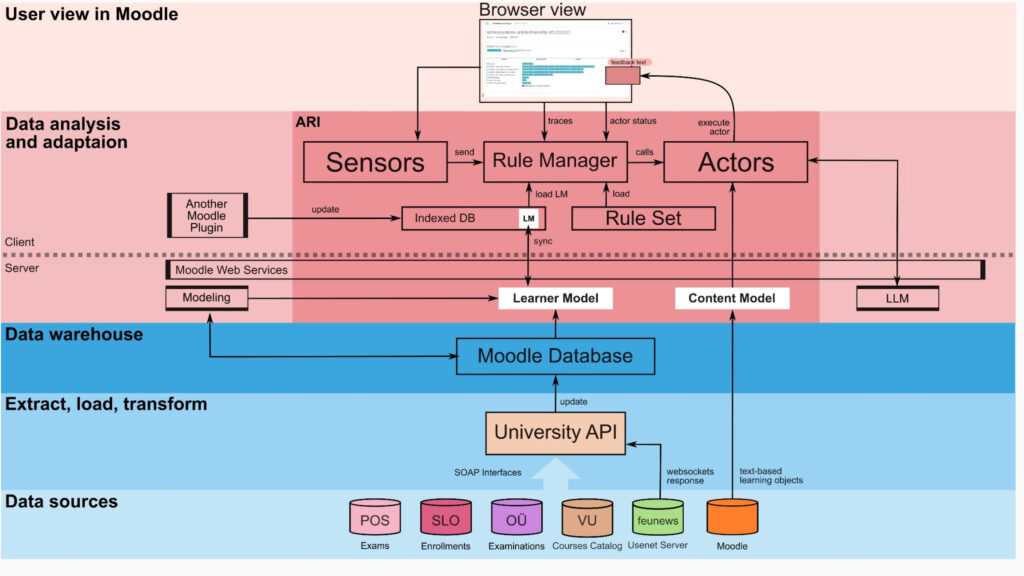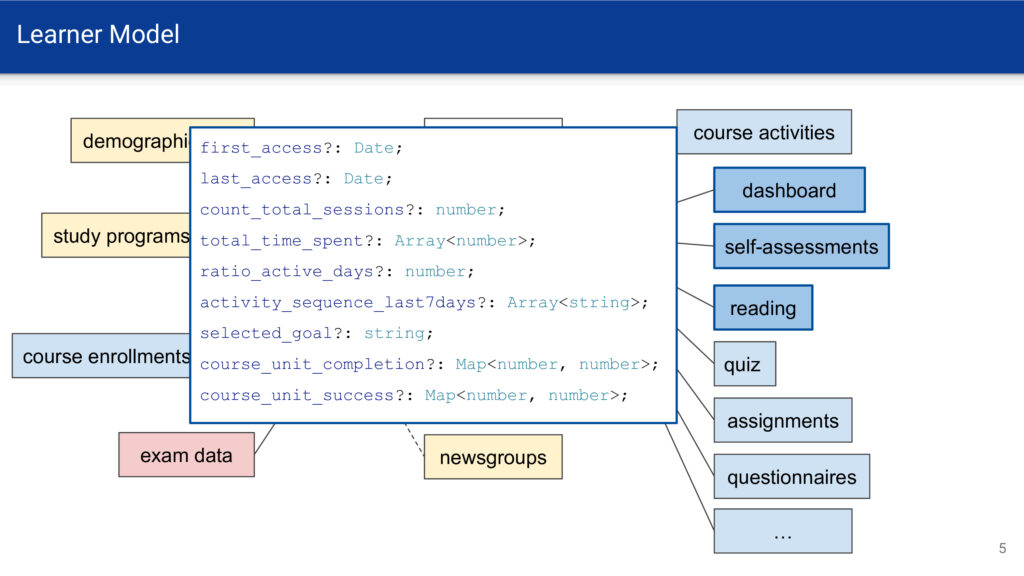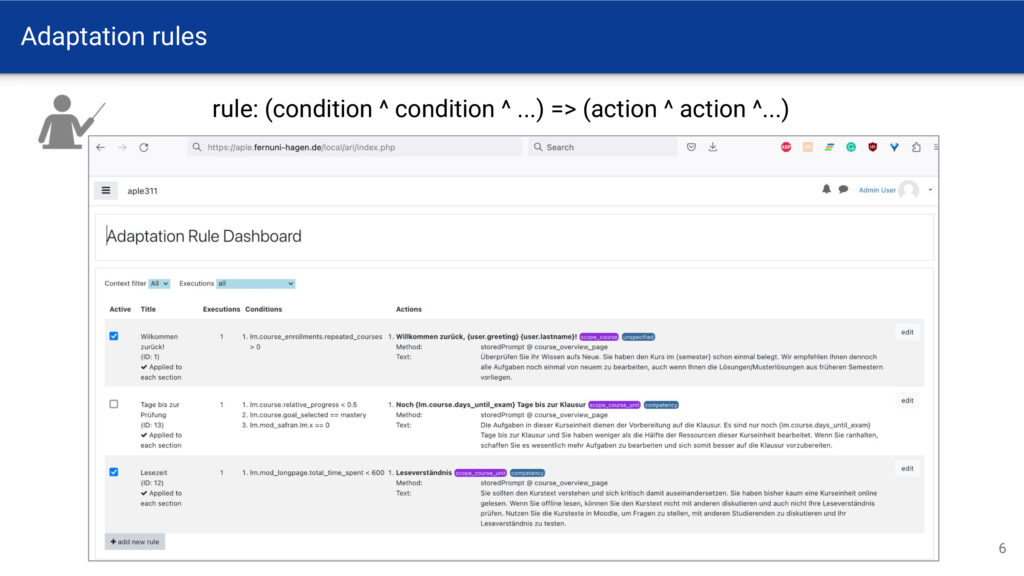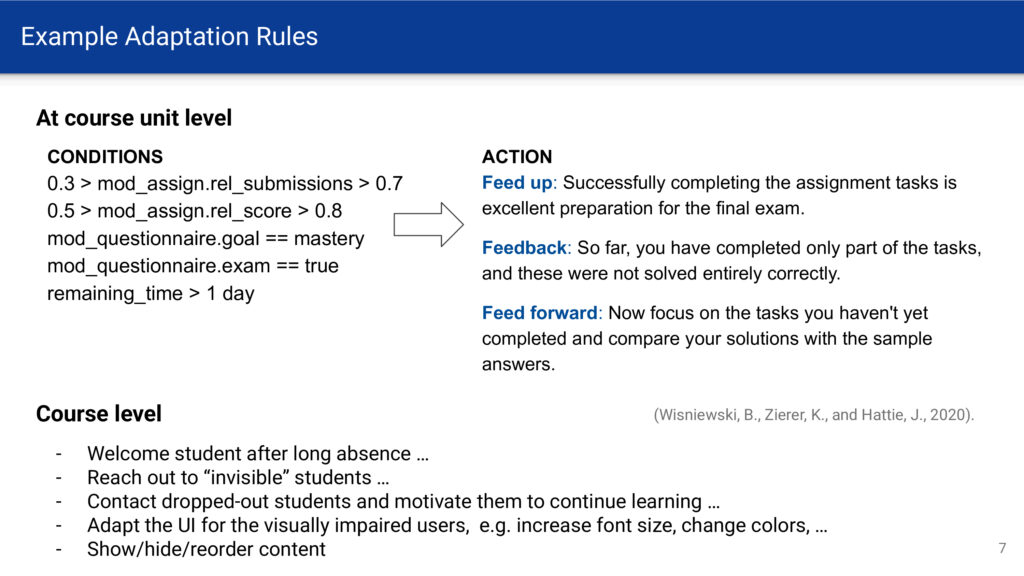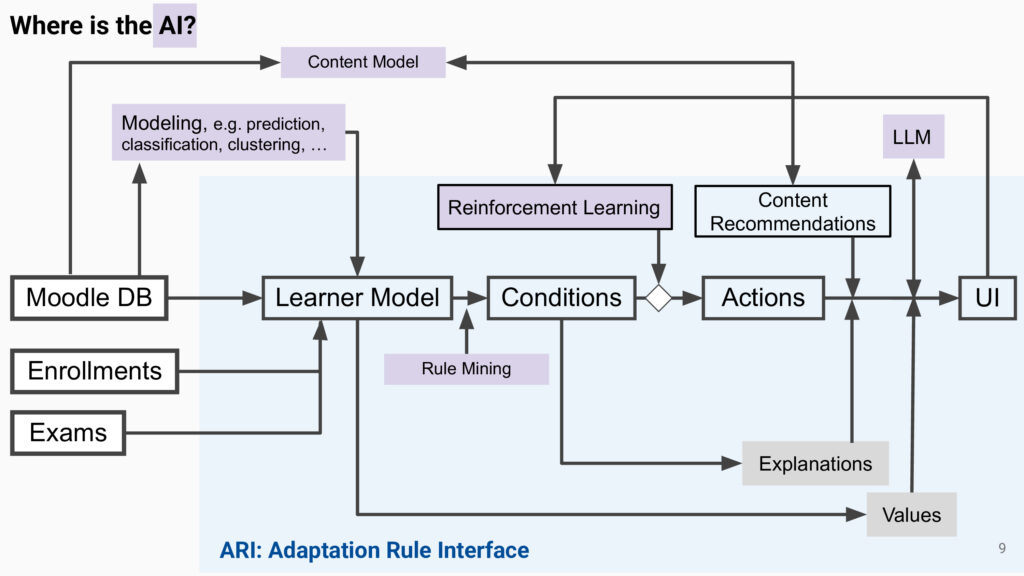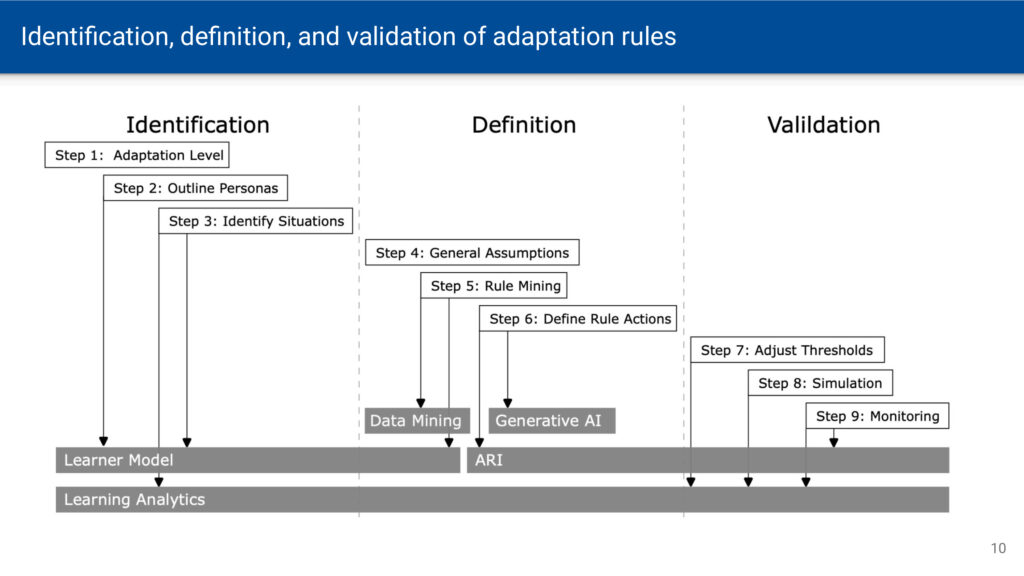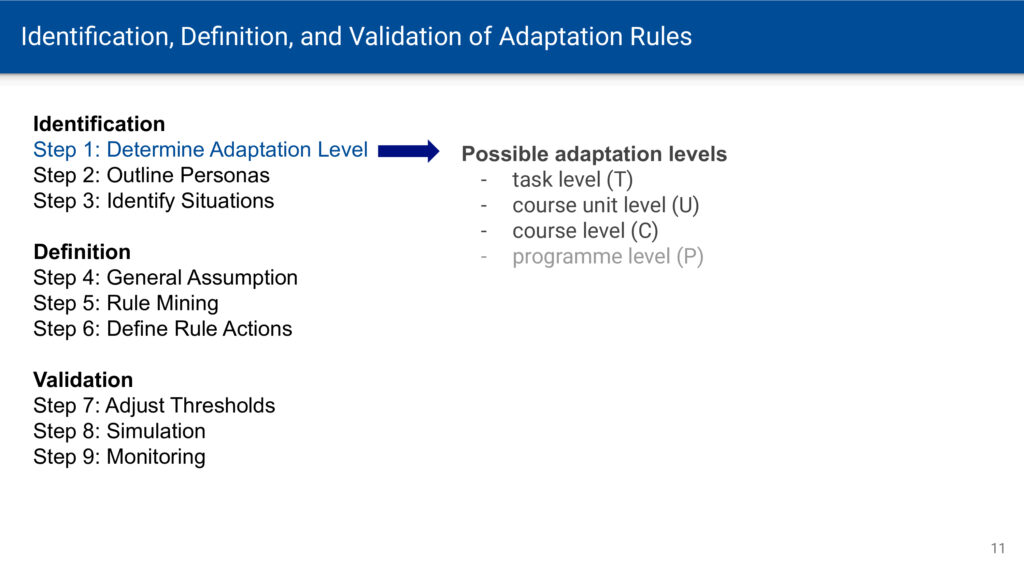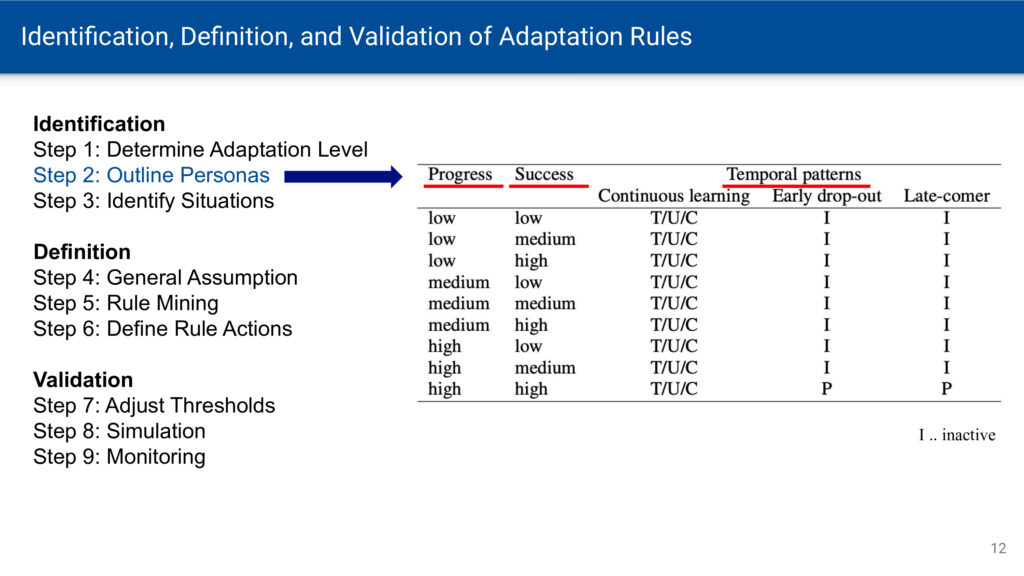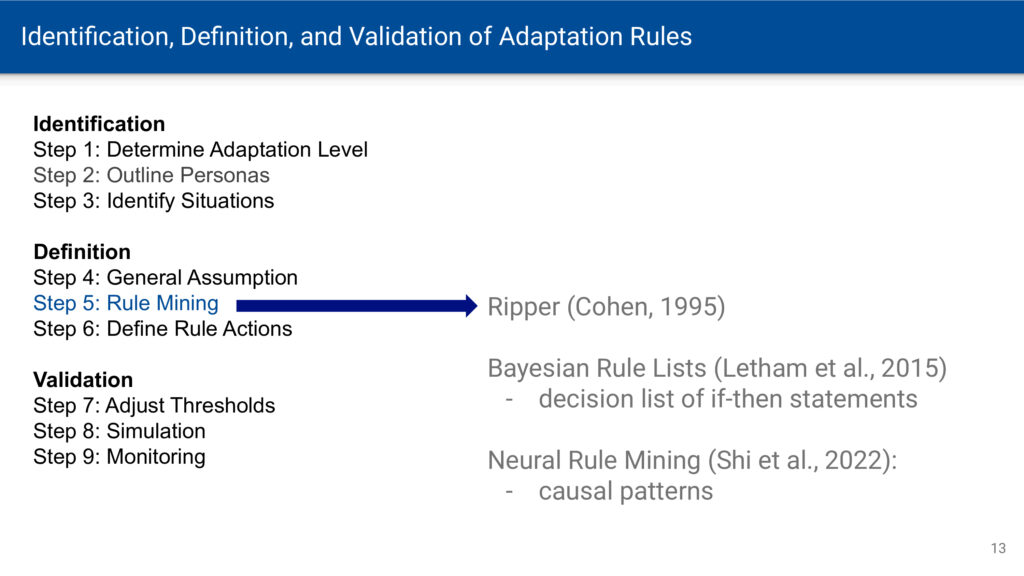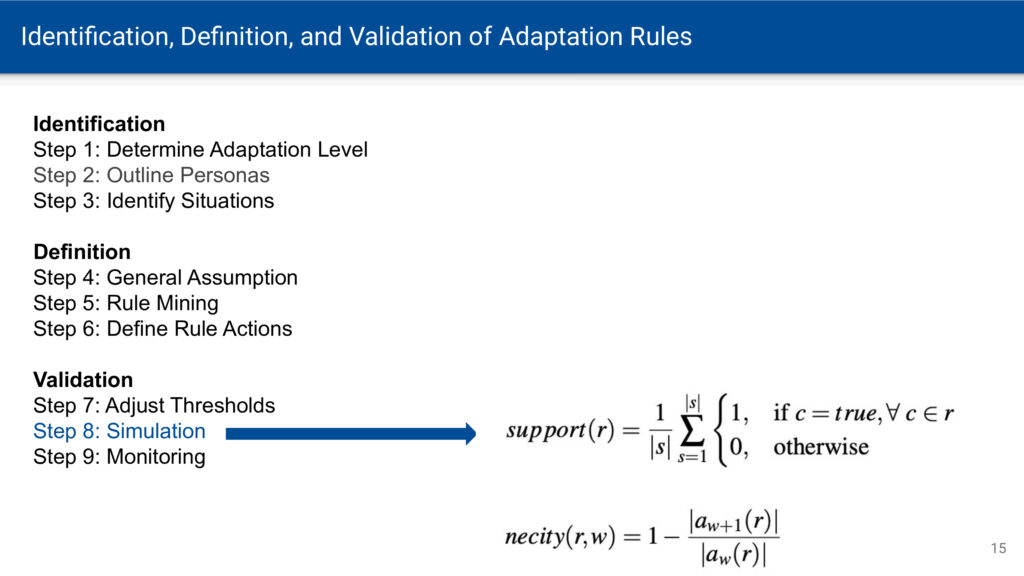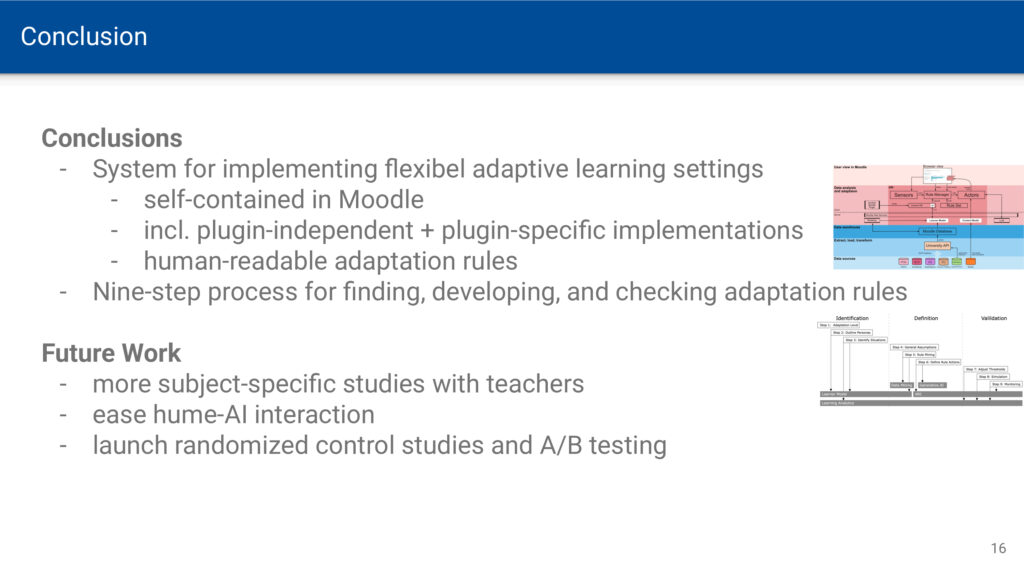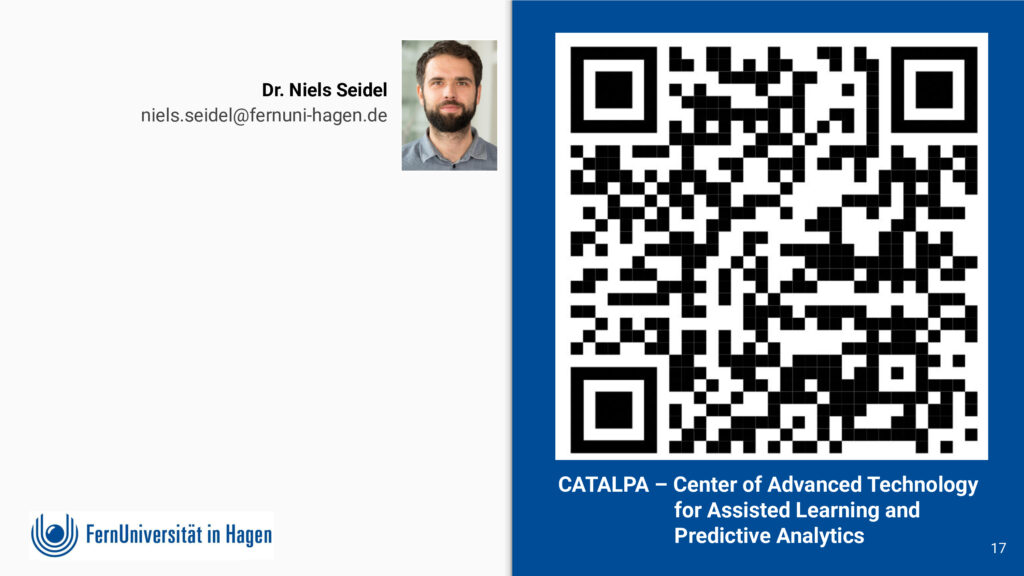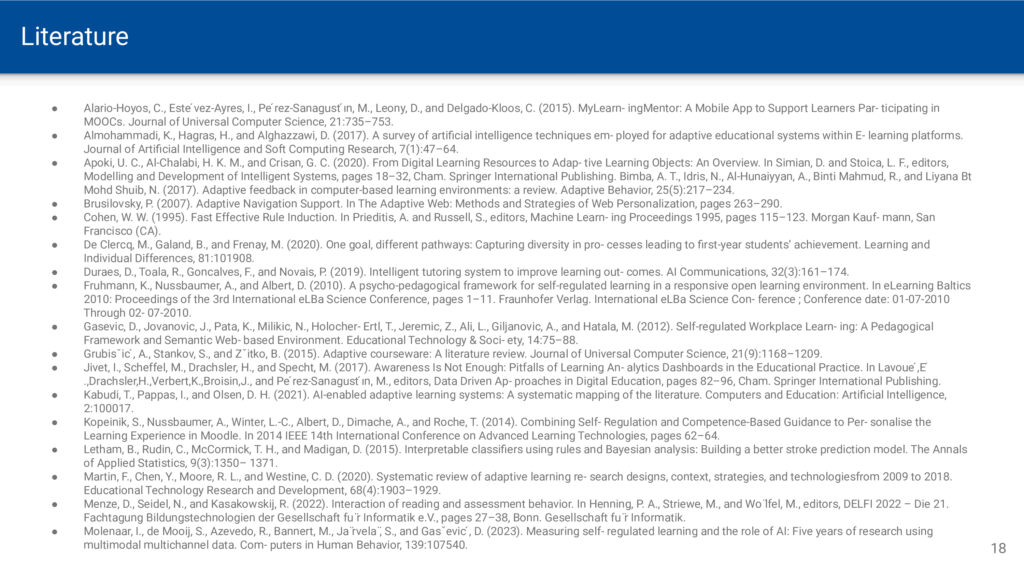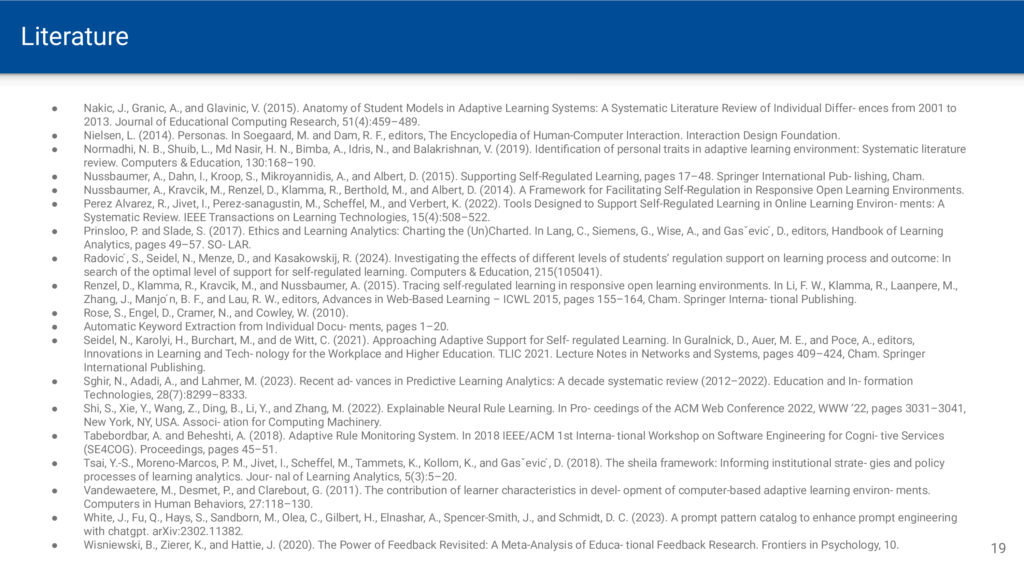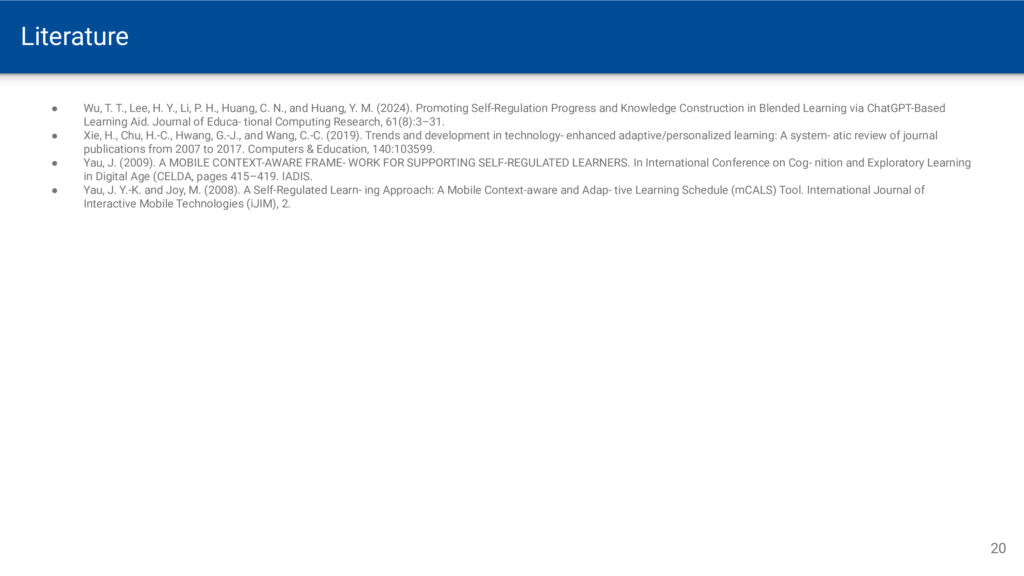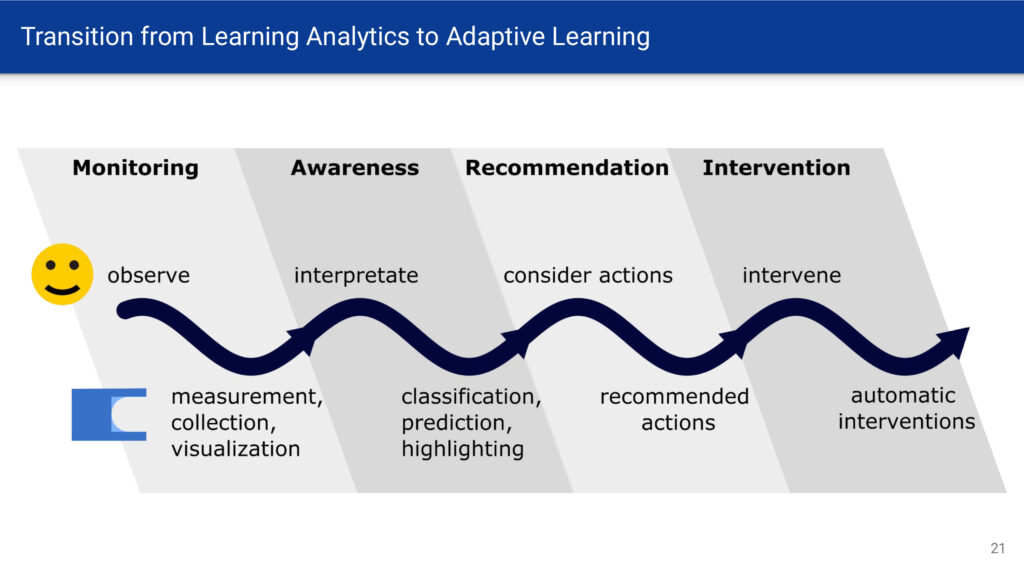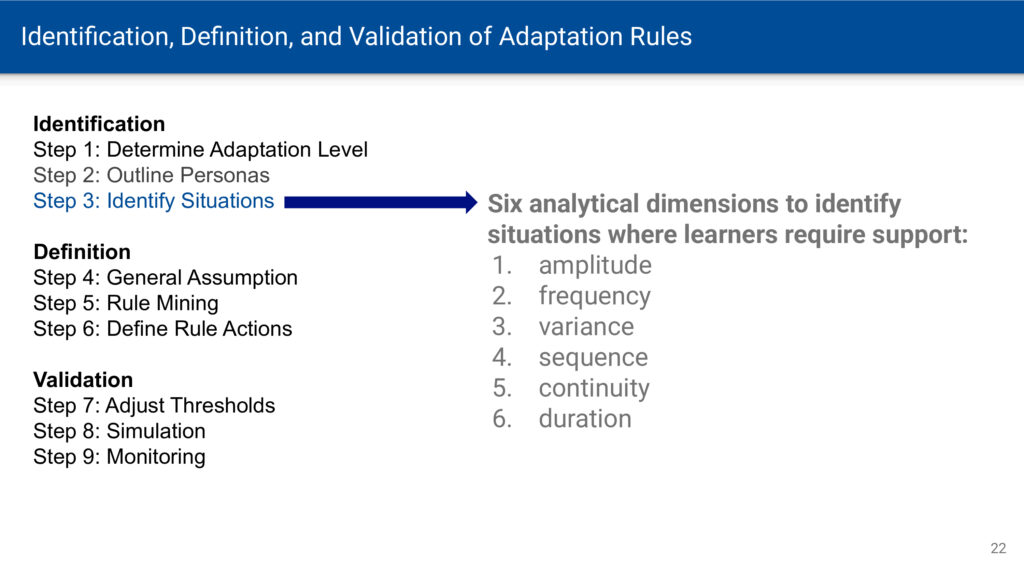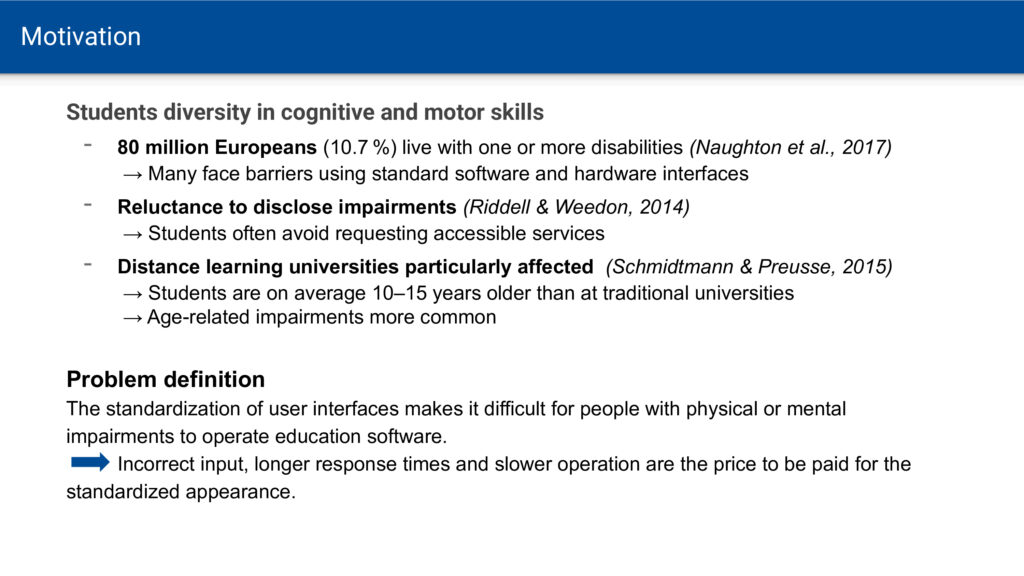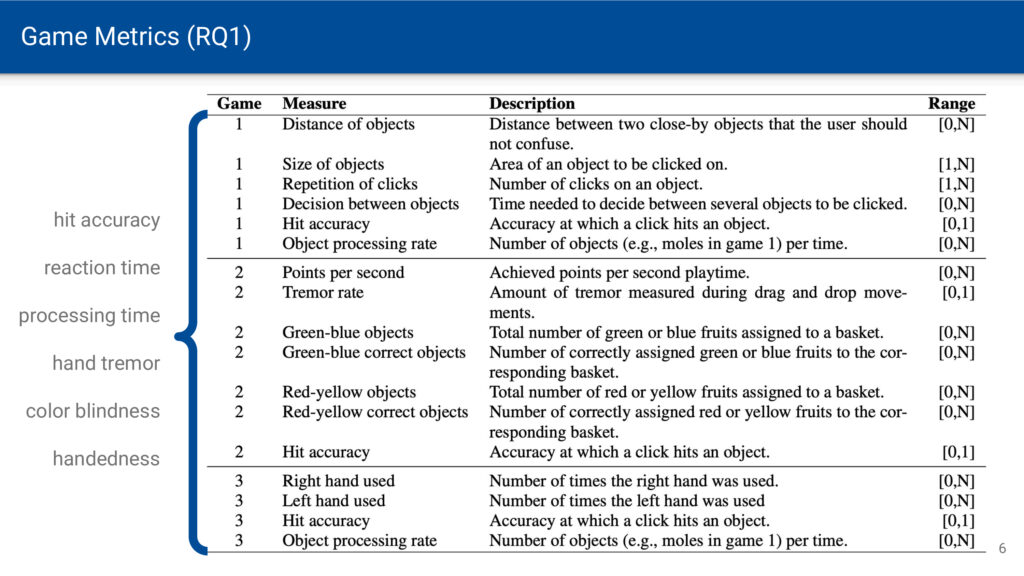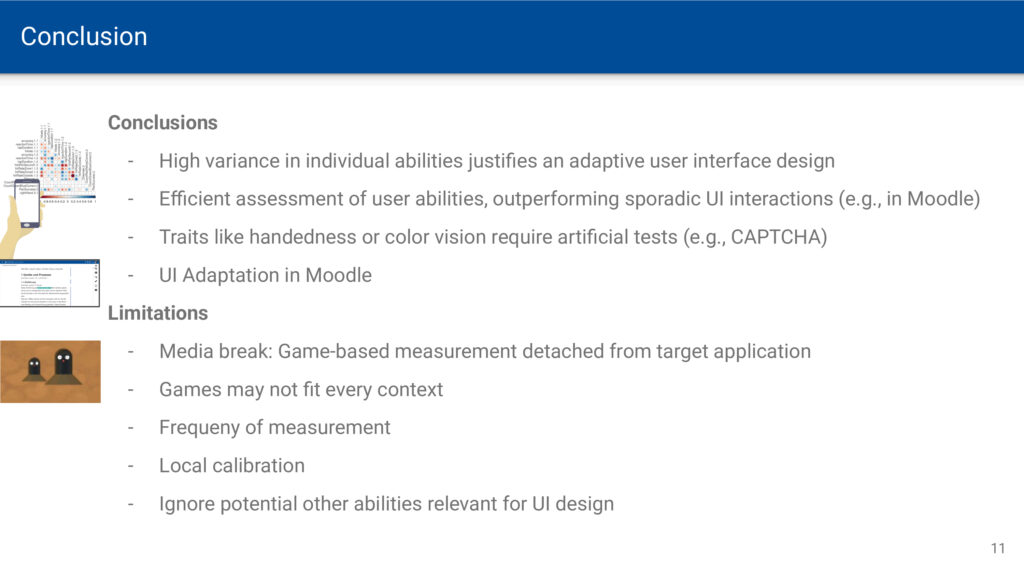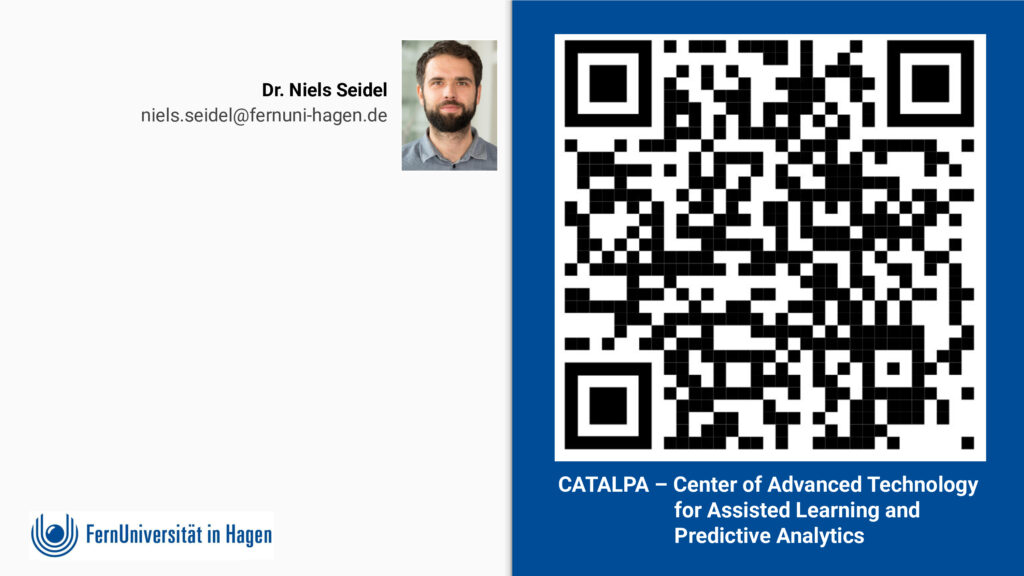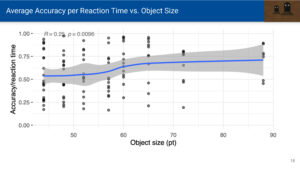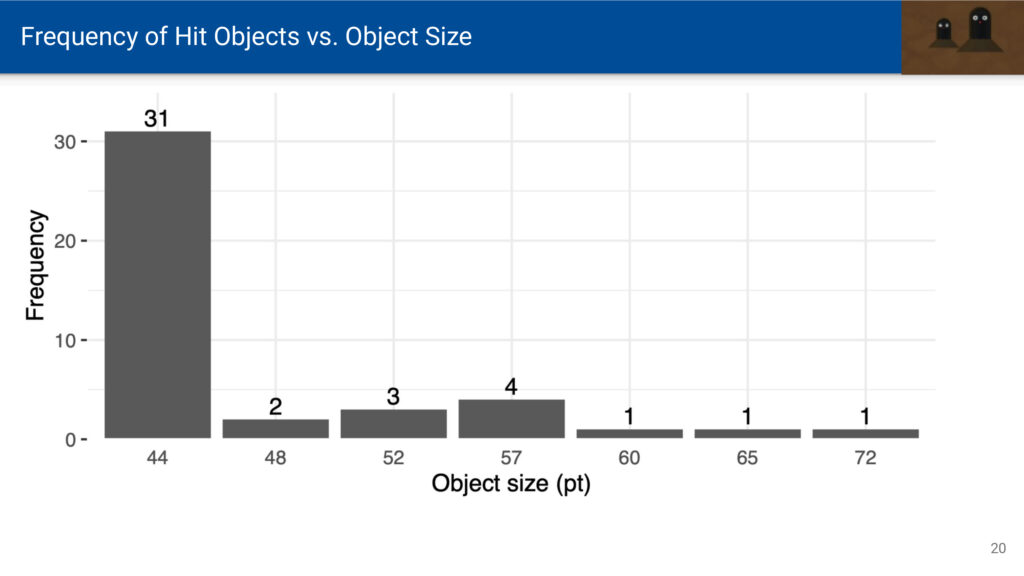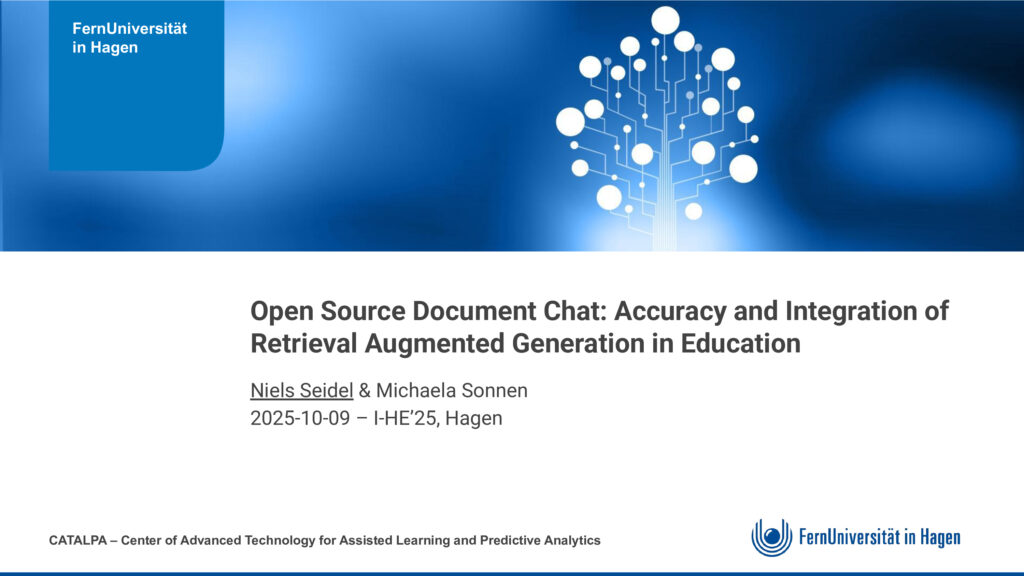
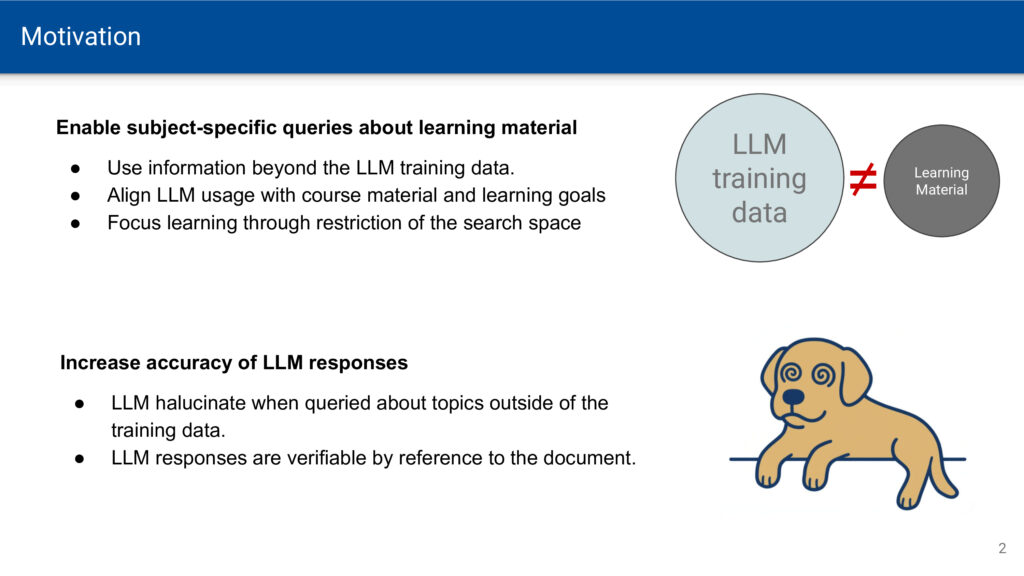
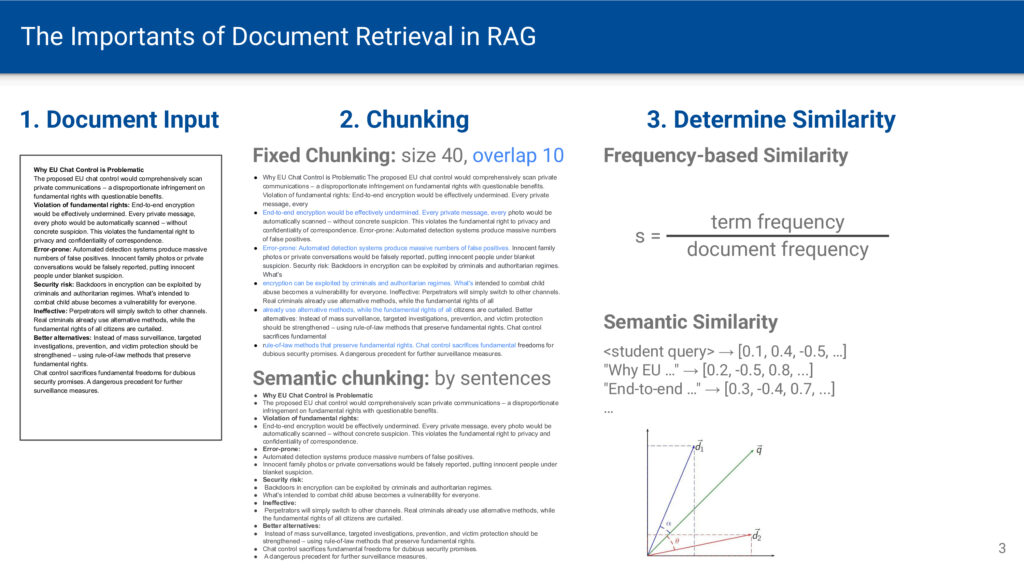
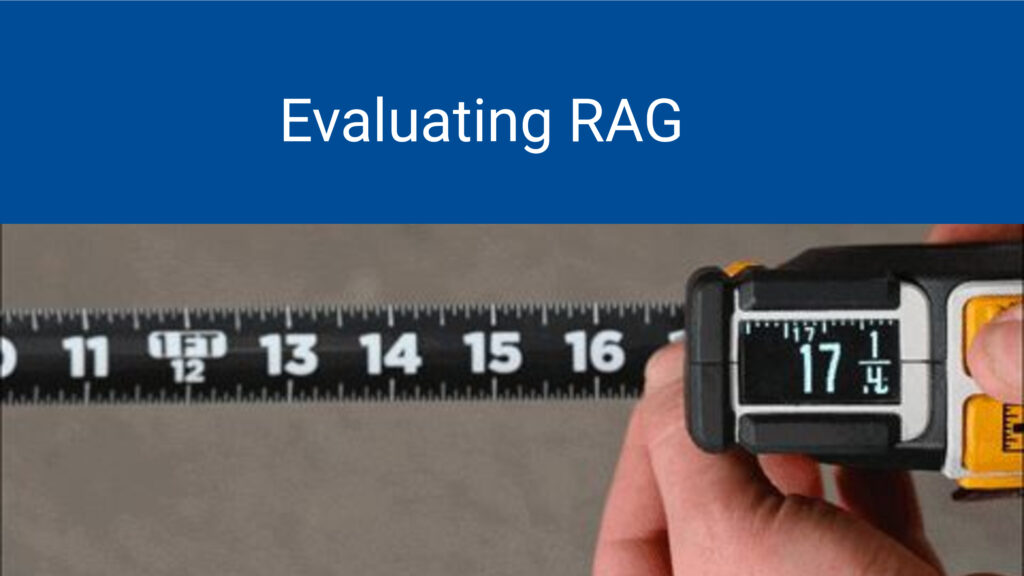

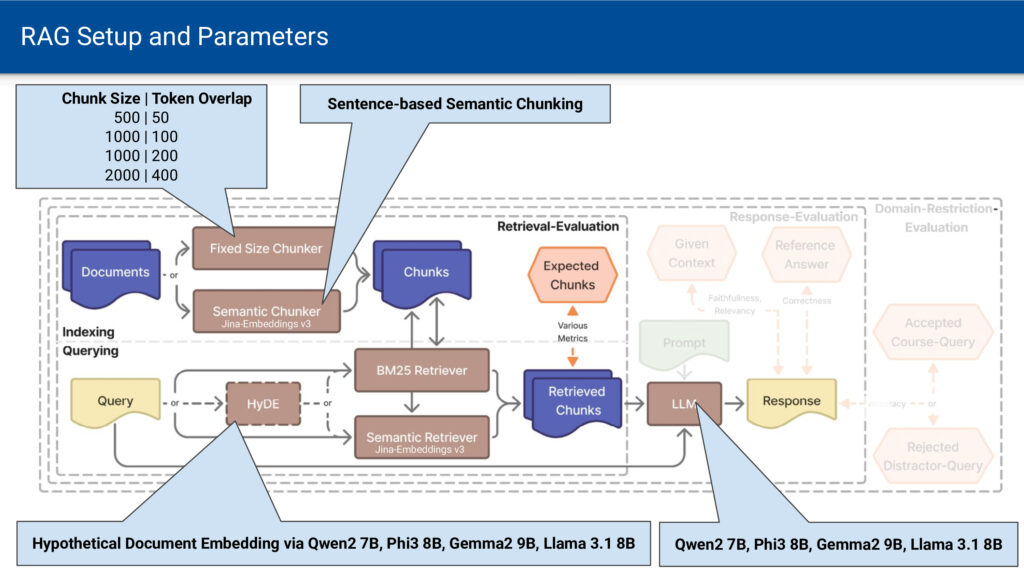
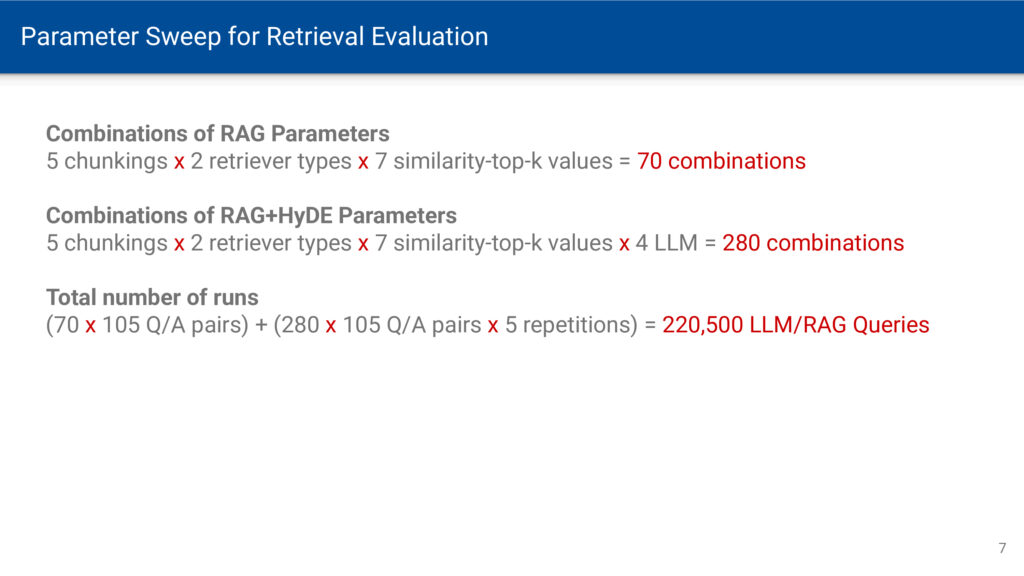
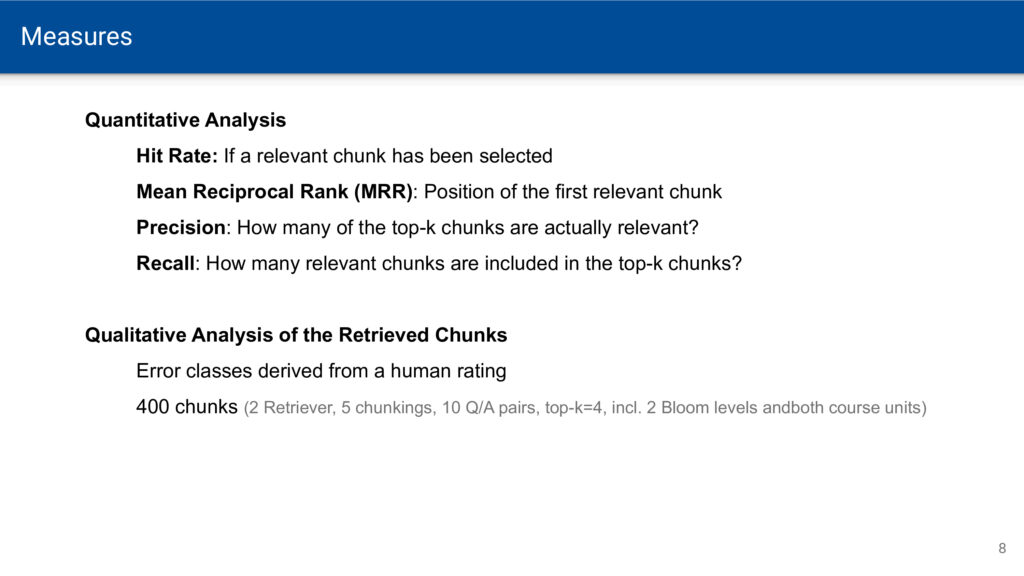
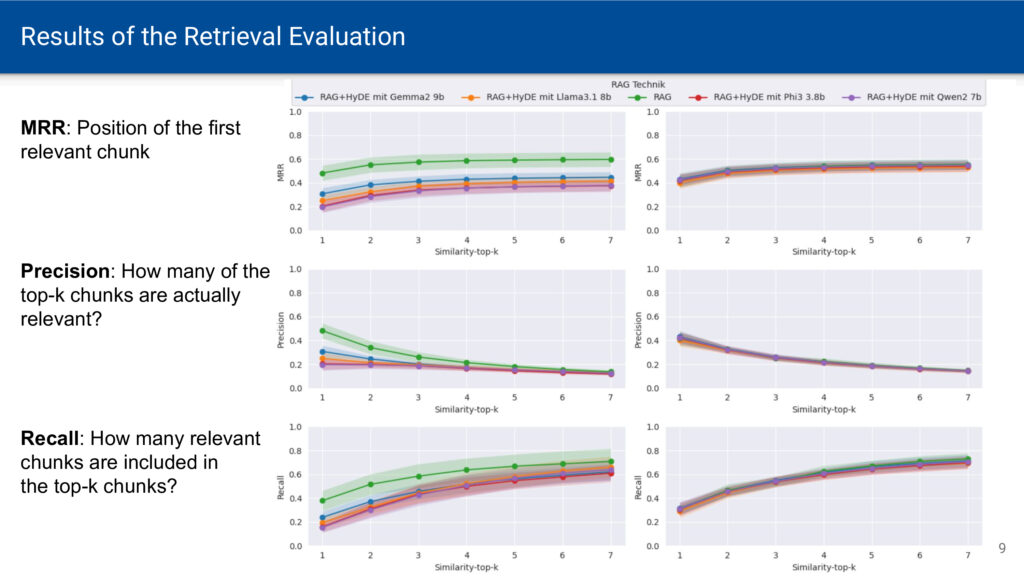
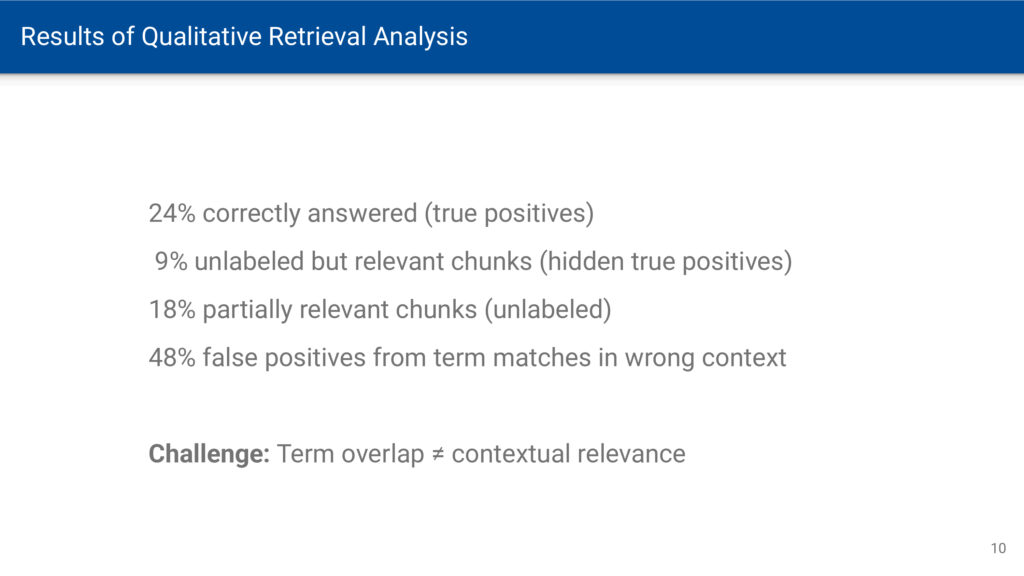
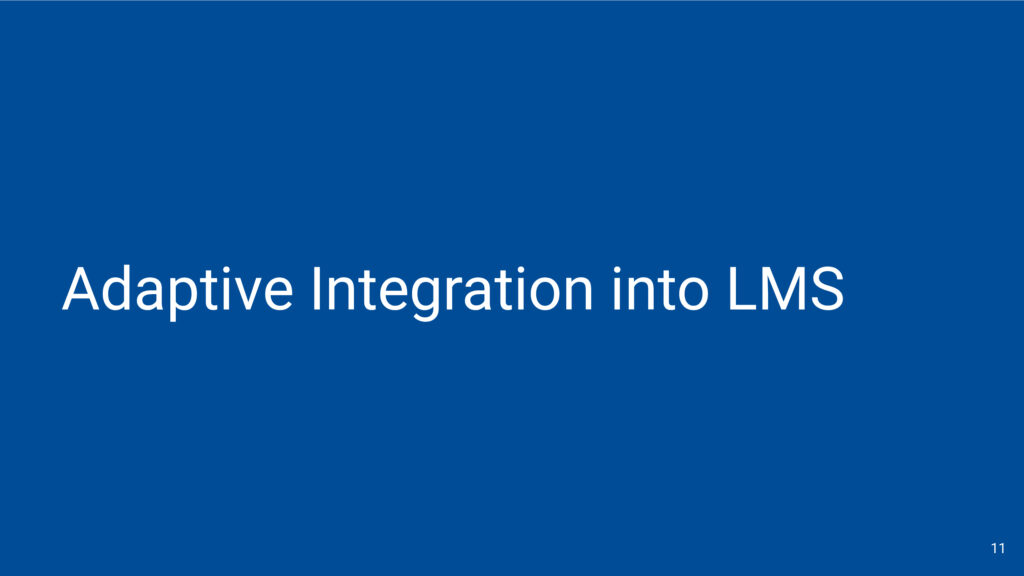
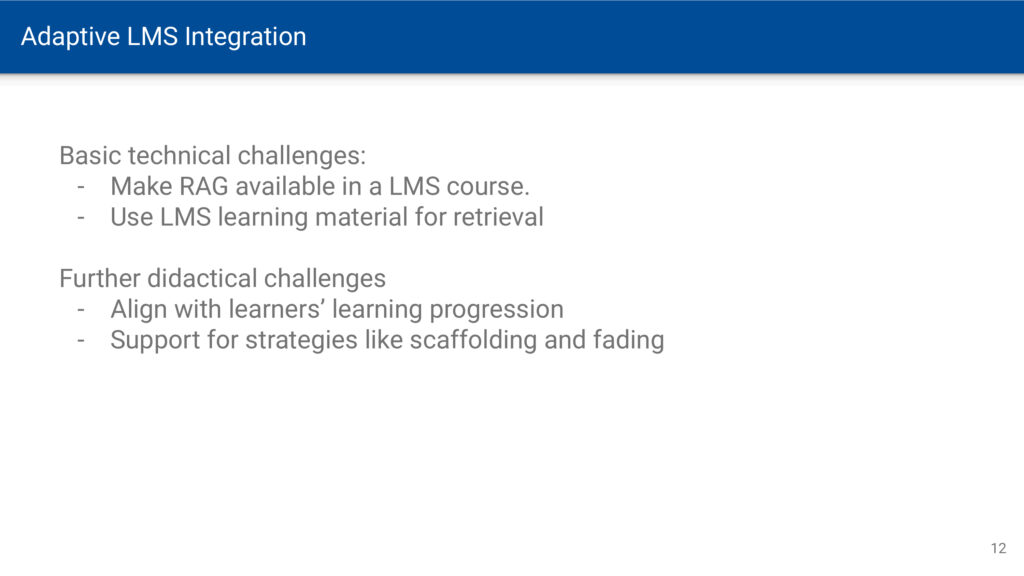
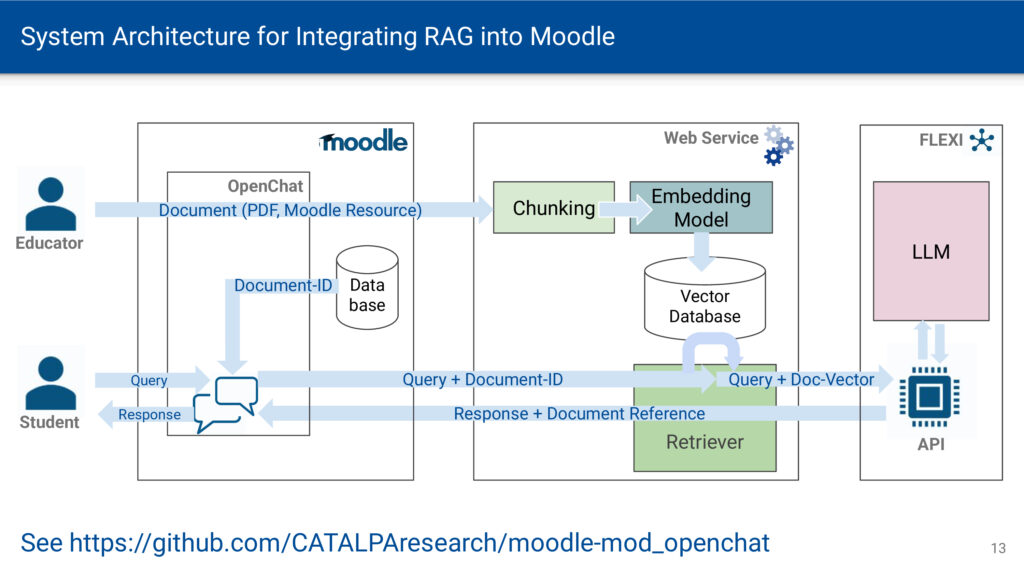
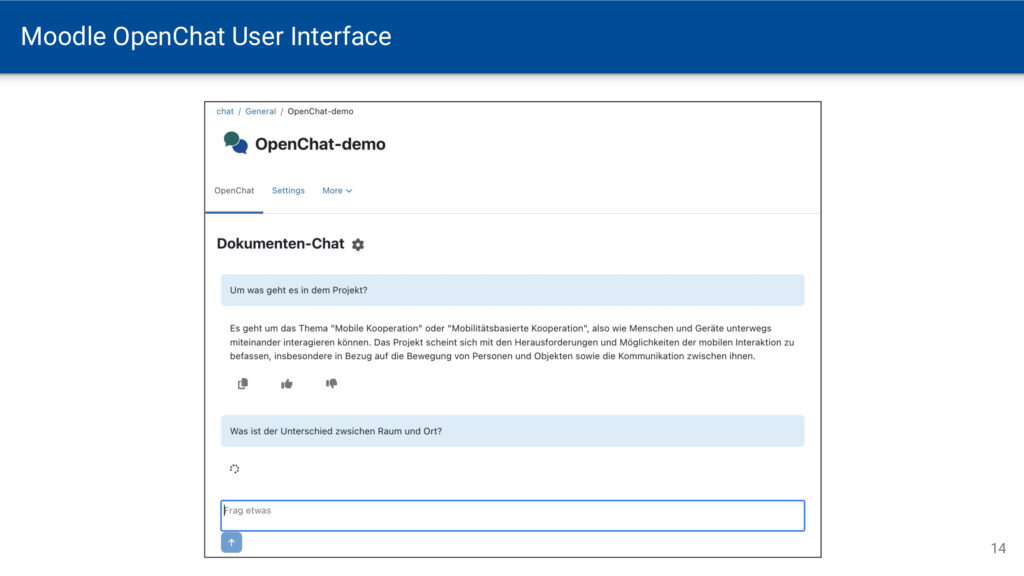
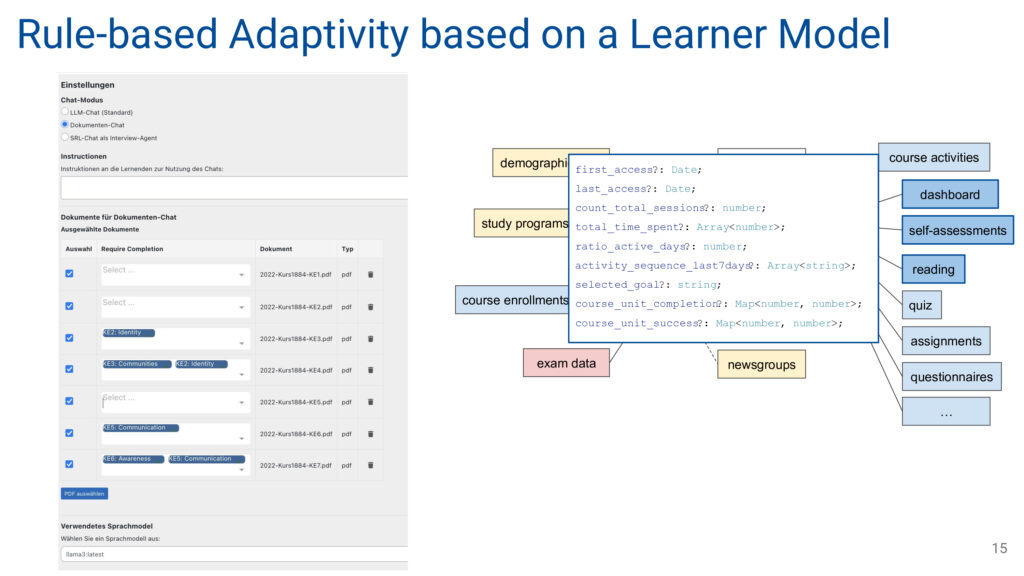
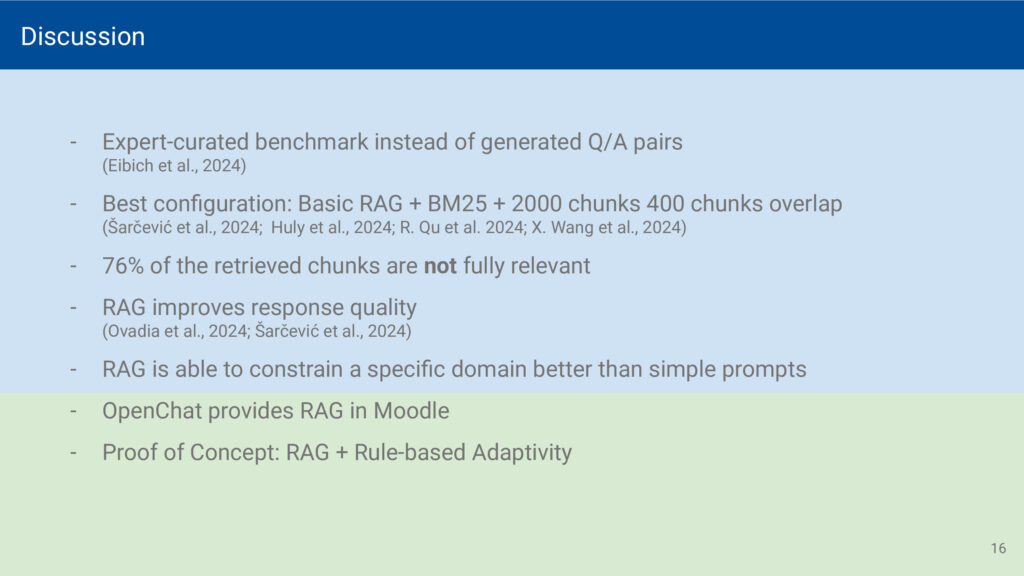
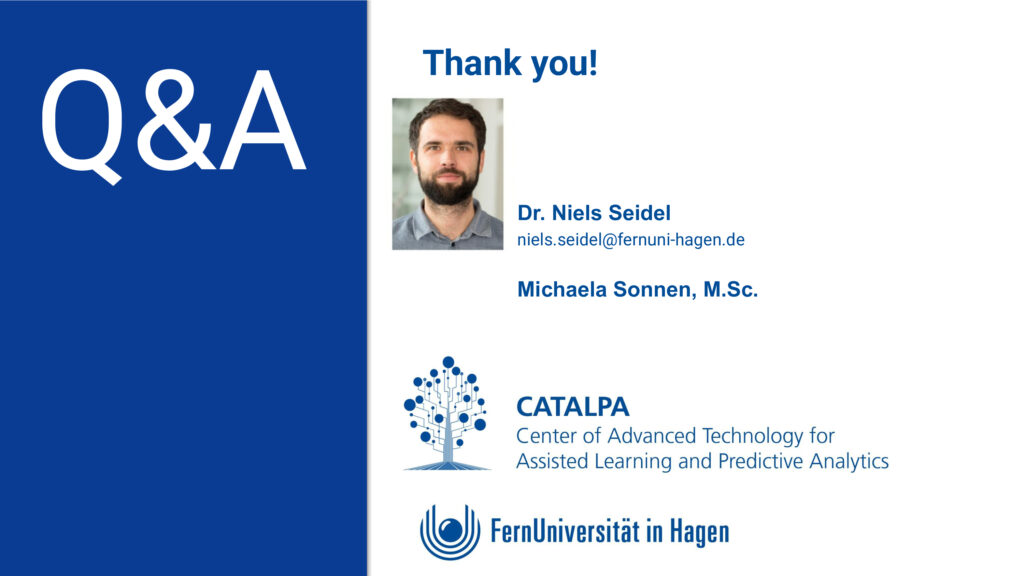
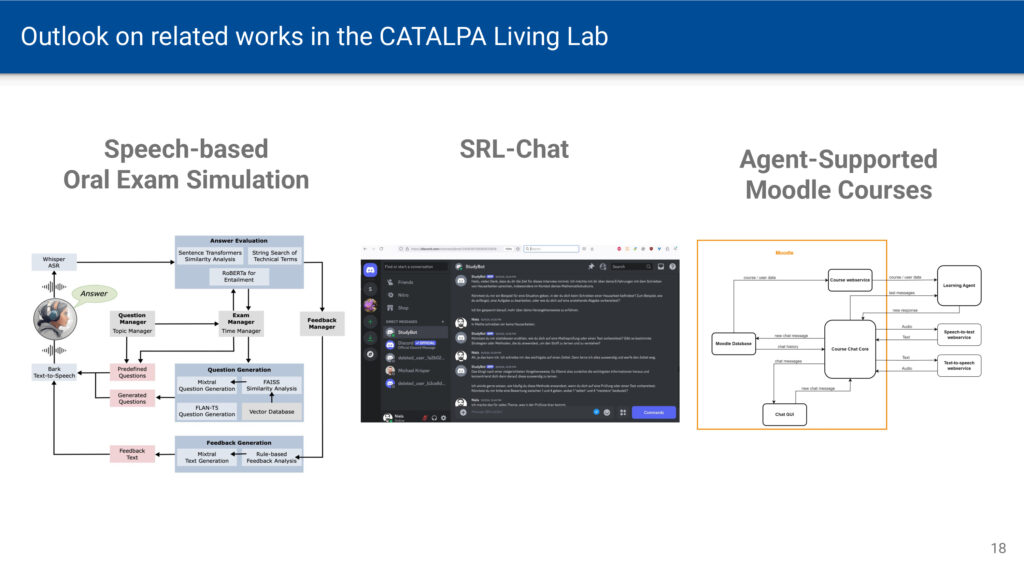
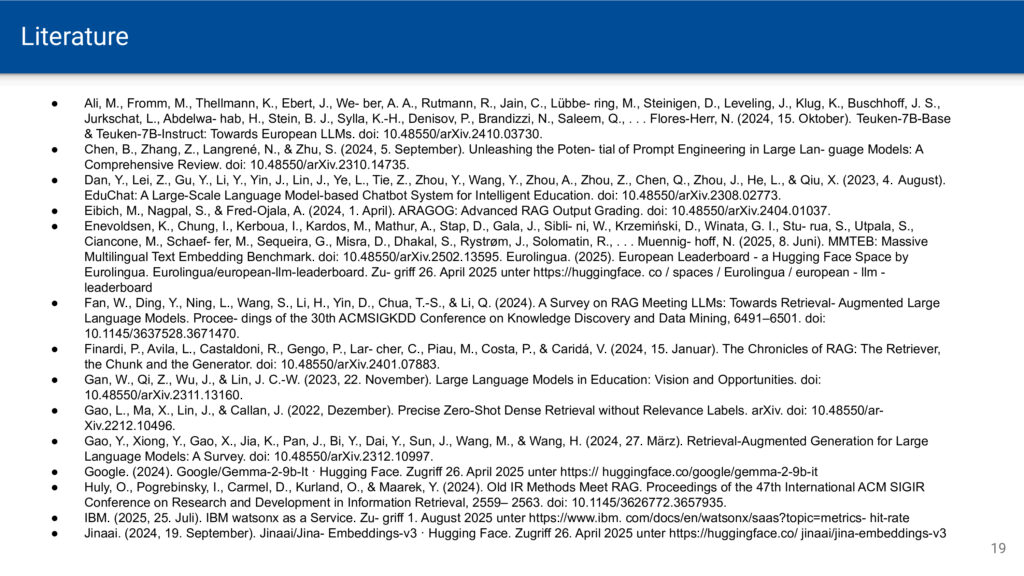
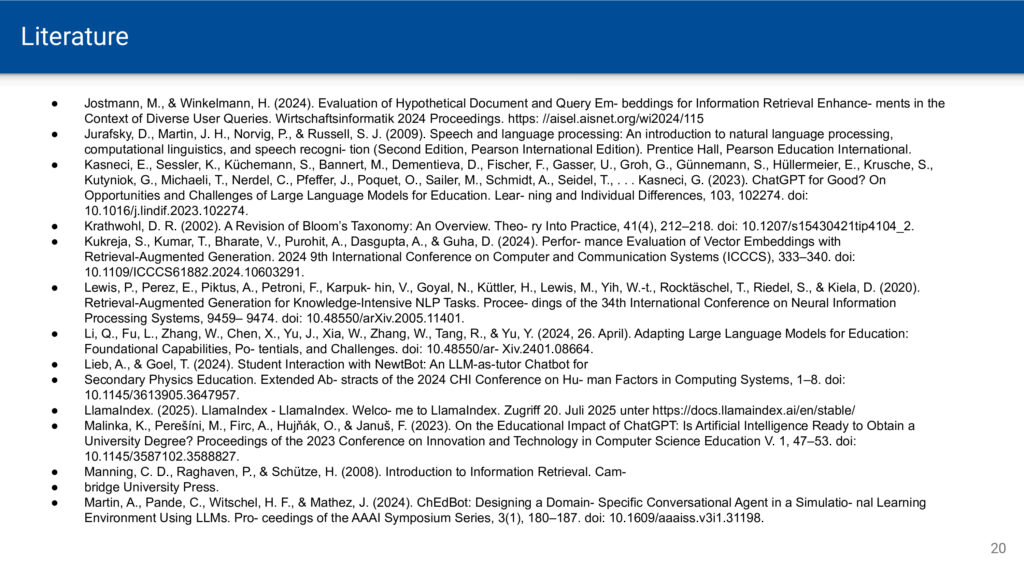
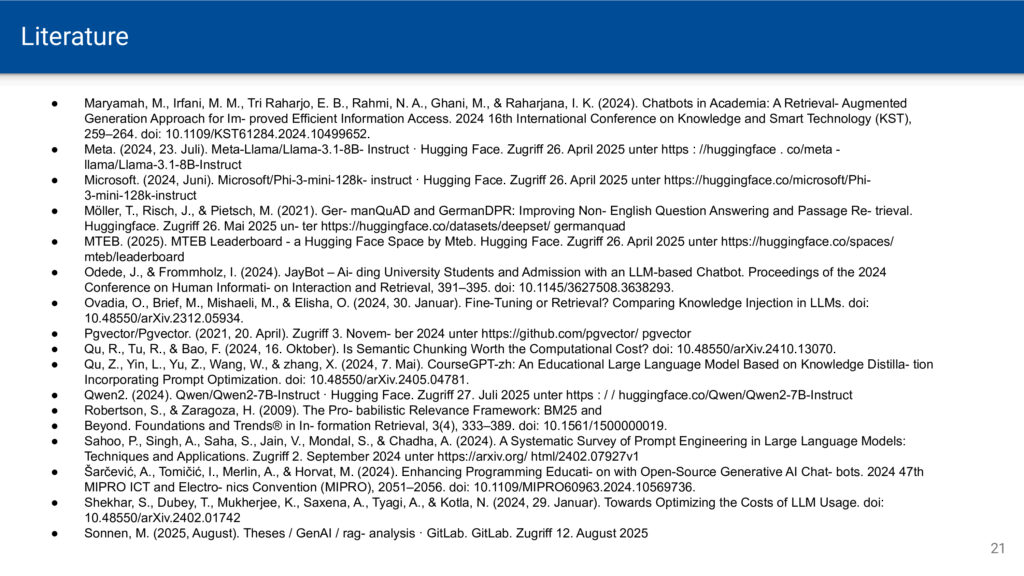
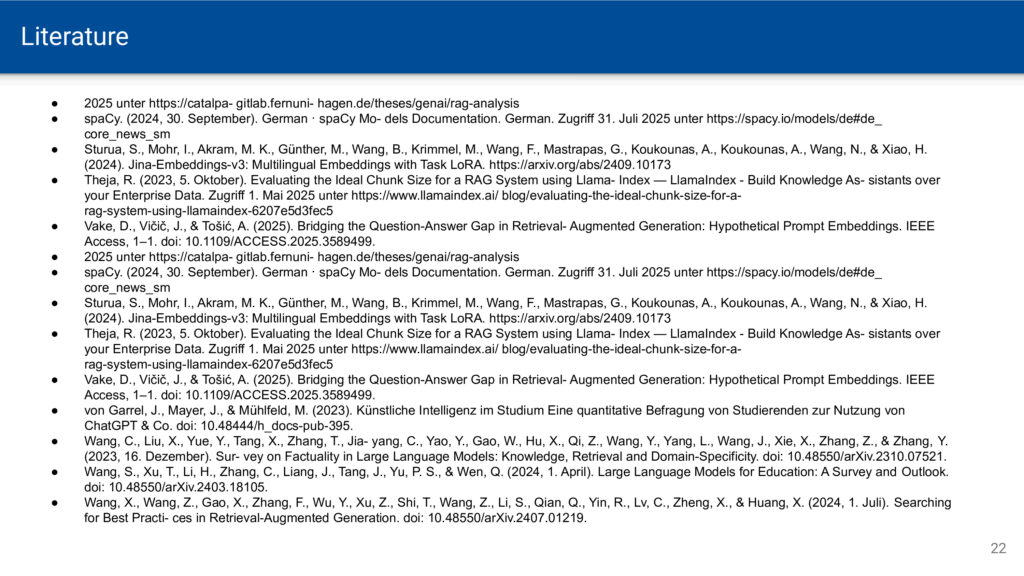
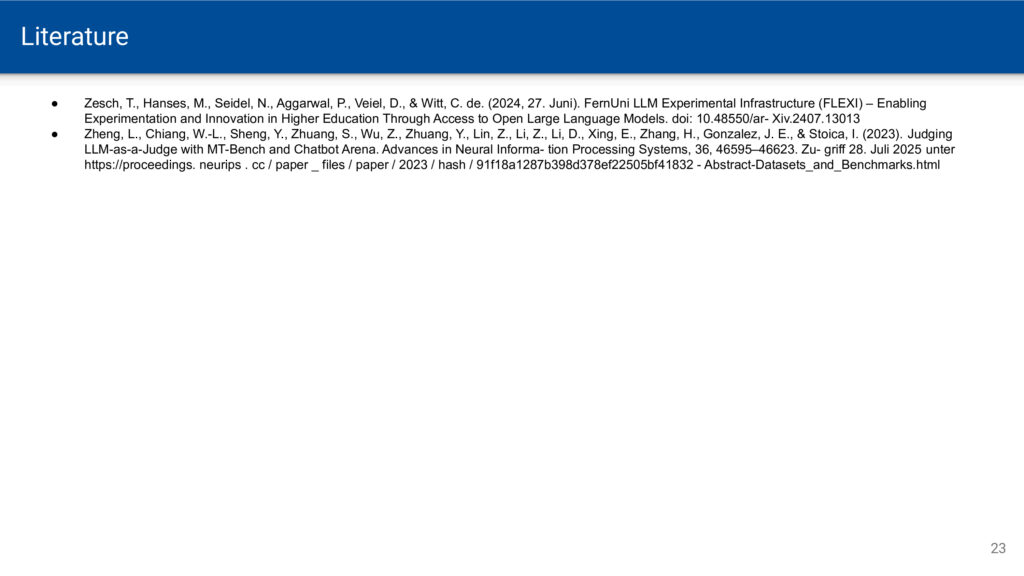
Ever tried conducting interviews for research? It’s incredibly time-consuming, which is why most researchers avoid them in fields like Learning Analytics, where data from hundreds of students is needed.
We built an AI agent that conducts structured interviews at scale. It’s patient, polite, and won’t accept vague answers – it keeps digging until it gets complete responses without annoying people.
The agent assesses self-regulated learning skills, gives immediate feedback and recommendations, and delivers consistent, high-quality data without the usual resource constraints. No more choosing between depth and scale.
This AI agent can be integrated into Discord and Moodle. Next semester, we will evaluate it in the teaching context at the CATALPA living lab, aka Reallabor.
We have presented didactic/methodological as well as technical features of this multi-agent system at the Learning Analytics Workshop at DELFI in Freiberg.
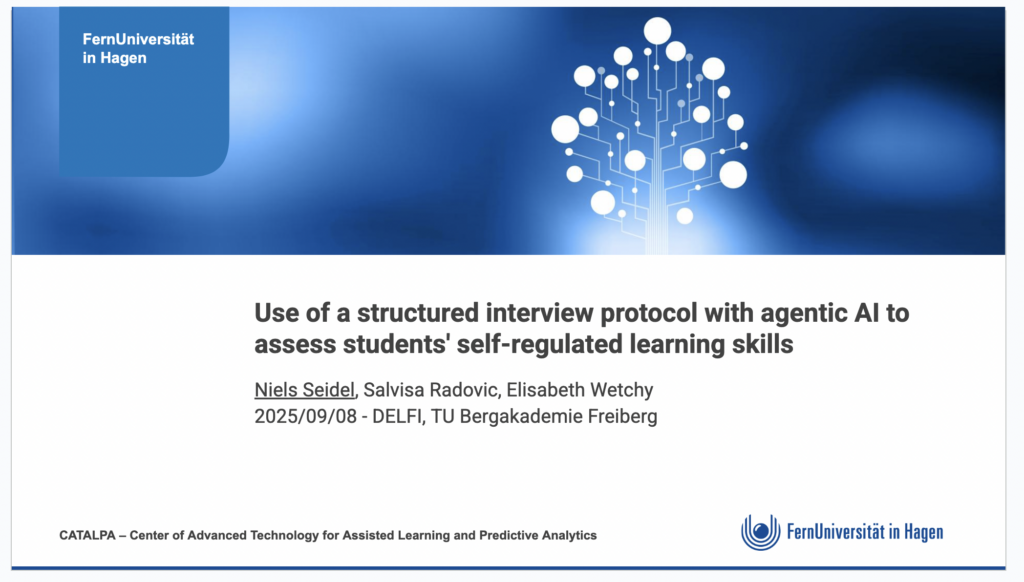
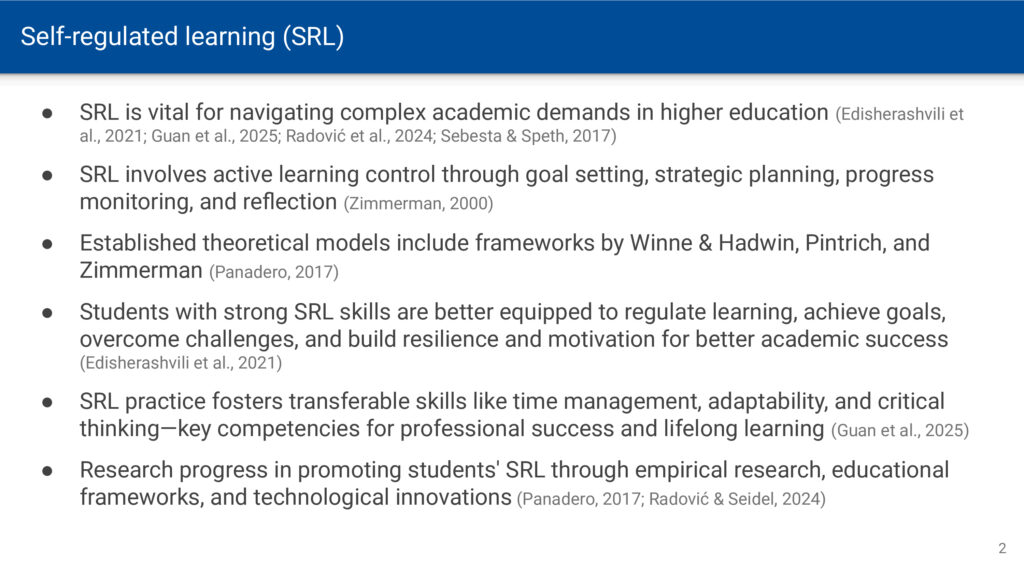
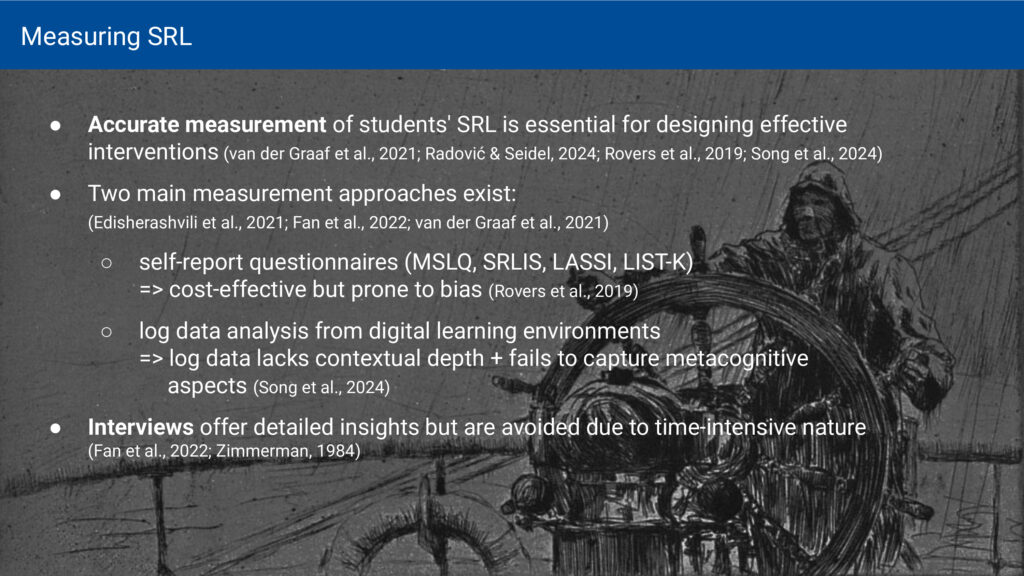
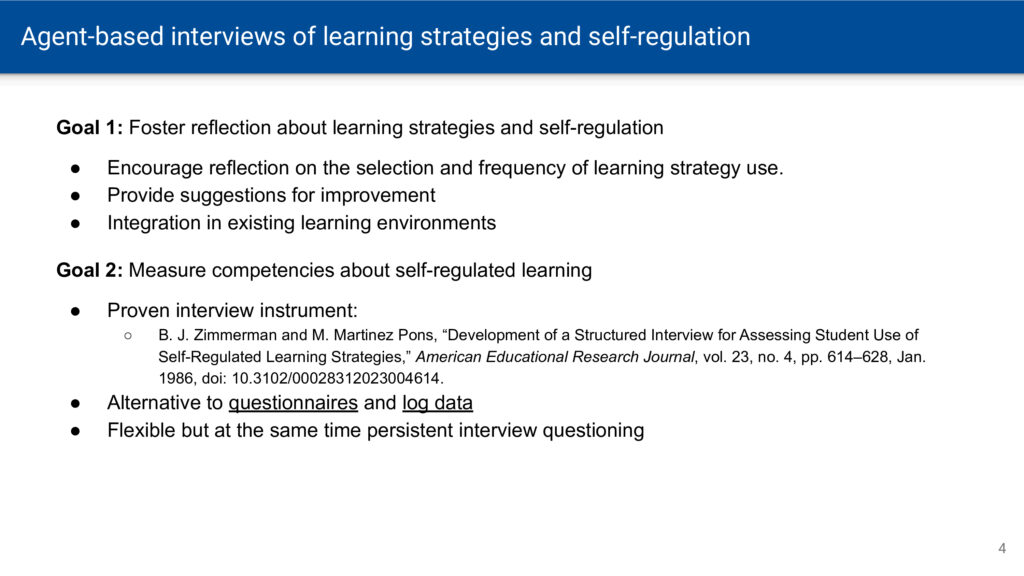

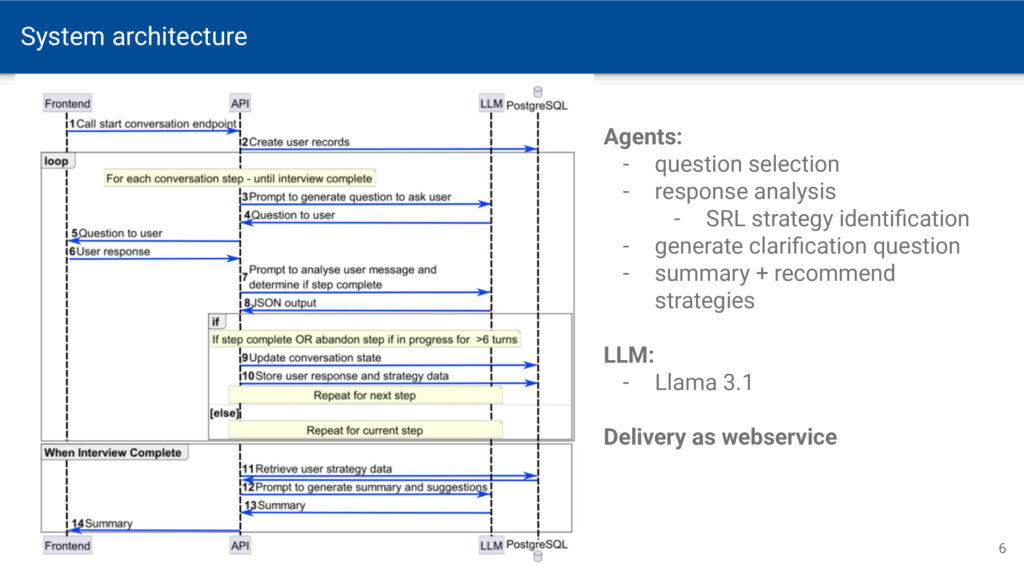
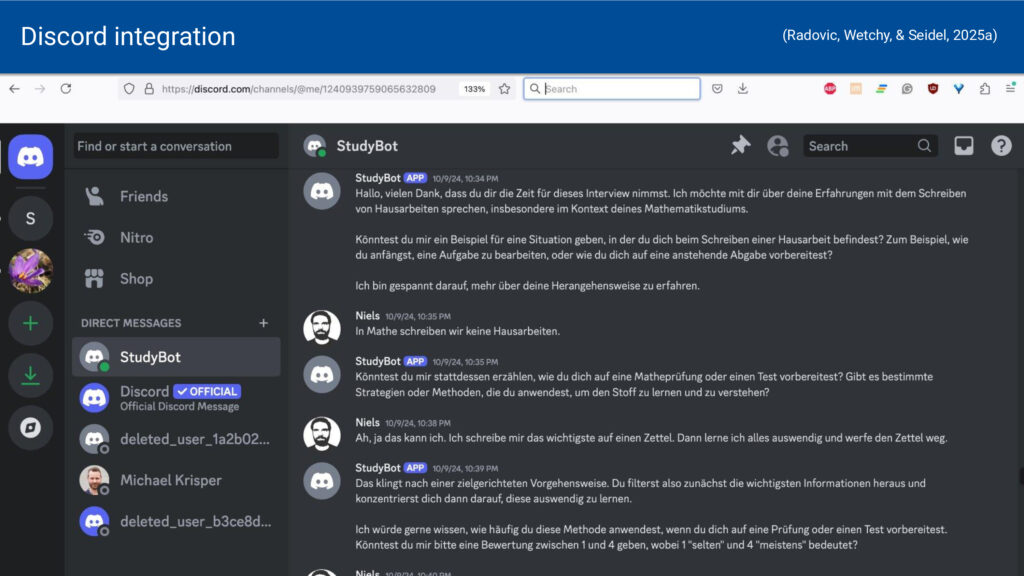
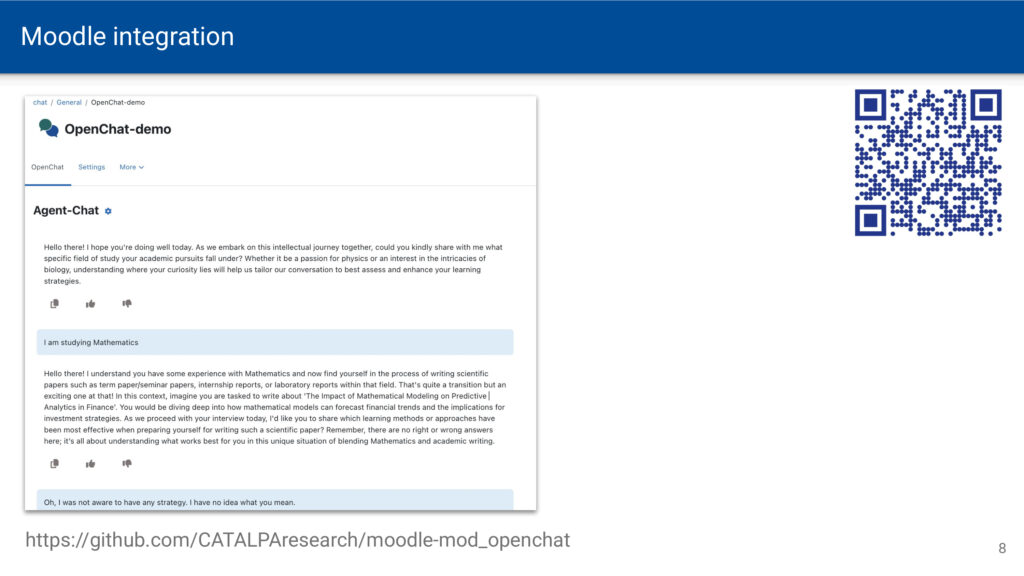
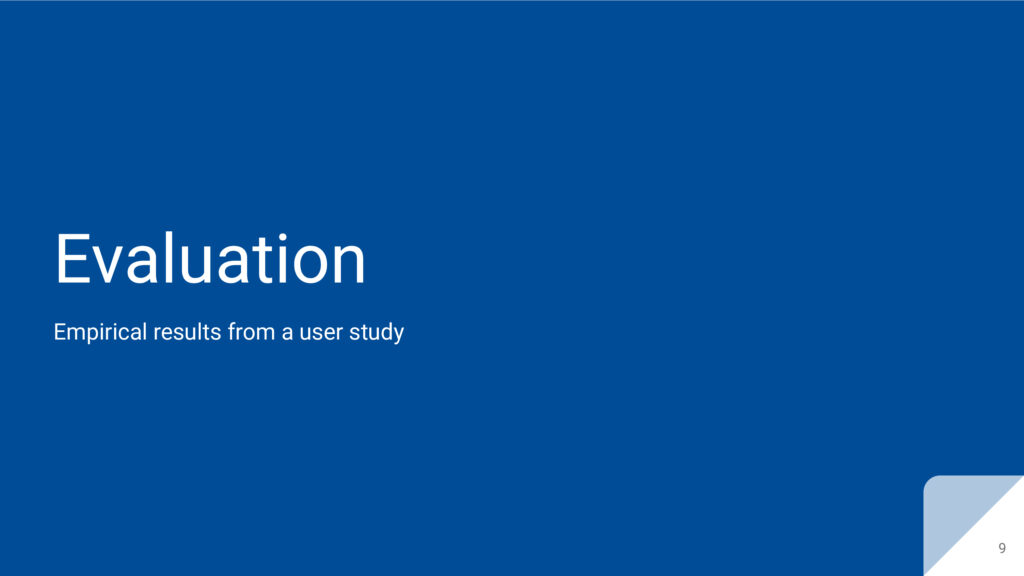
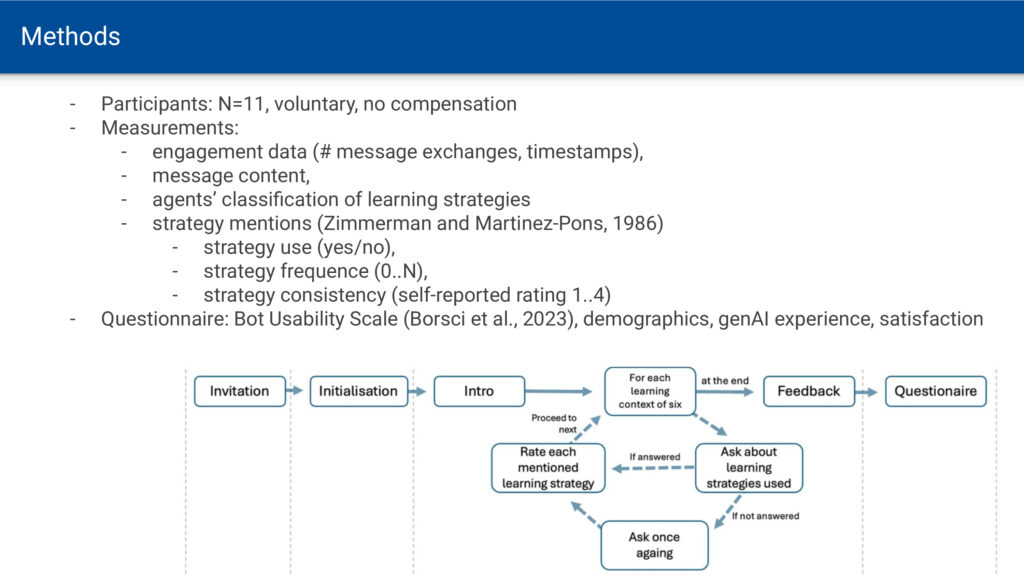
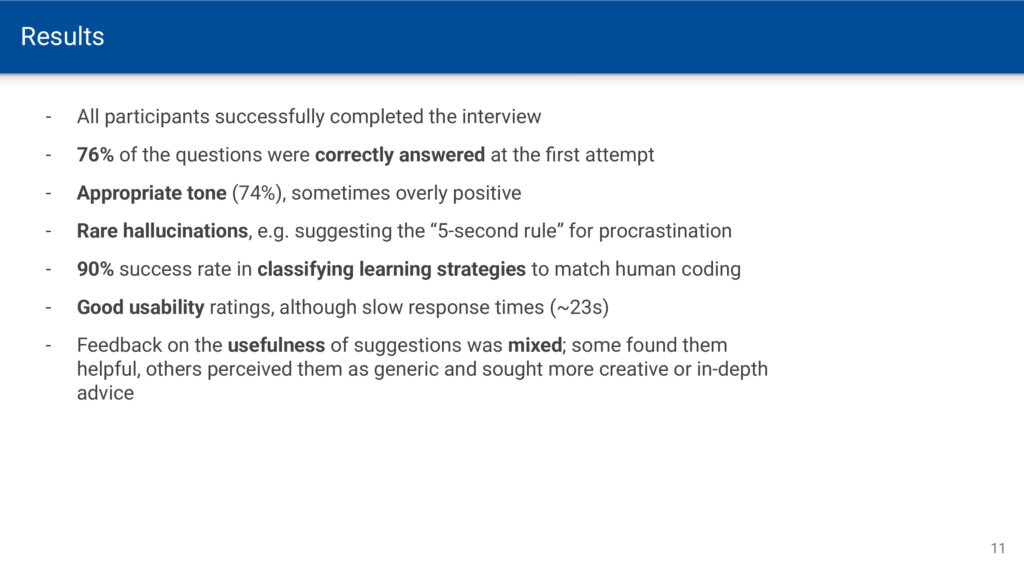
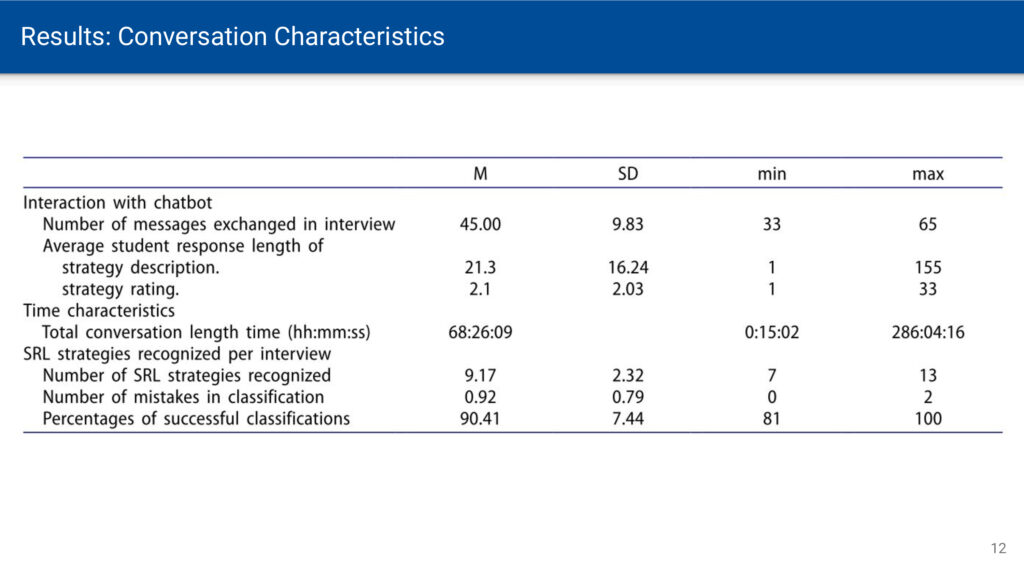
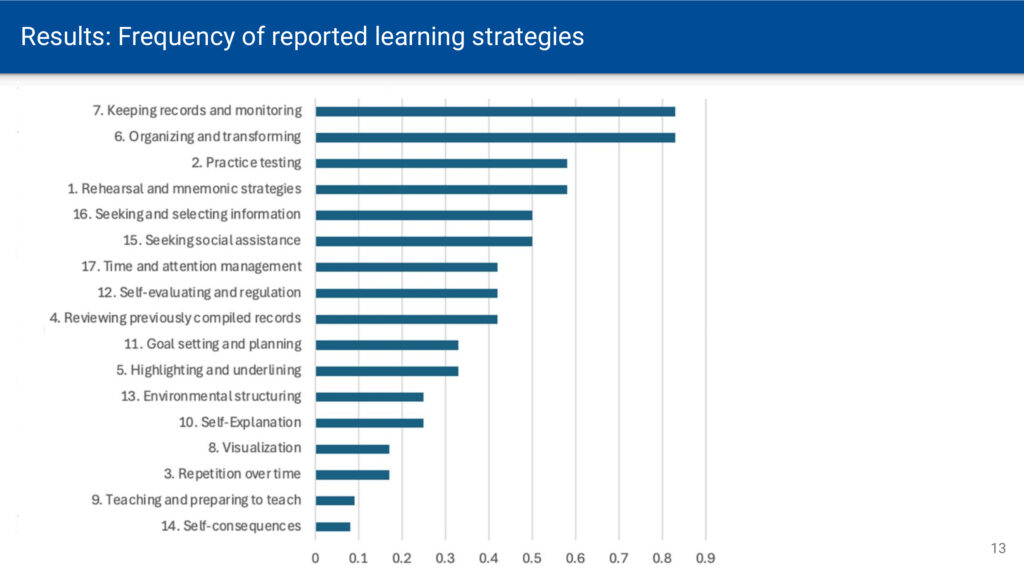
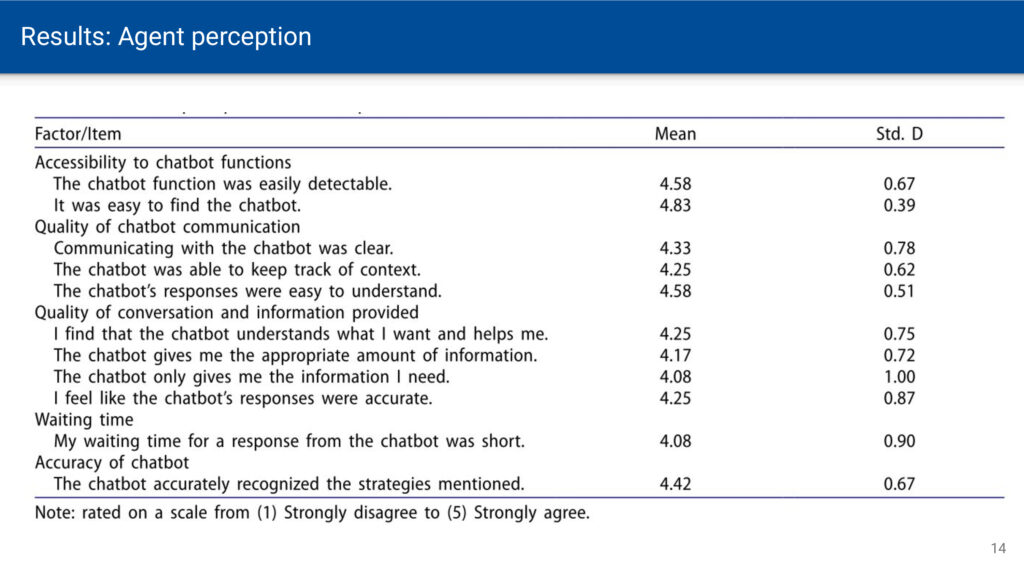

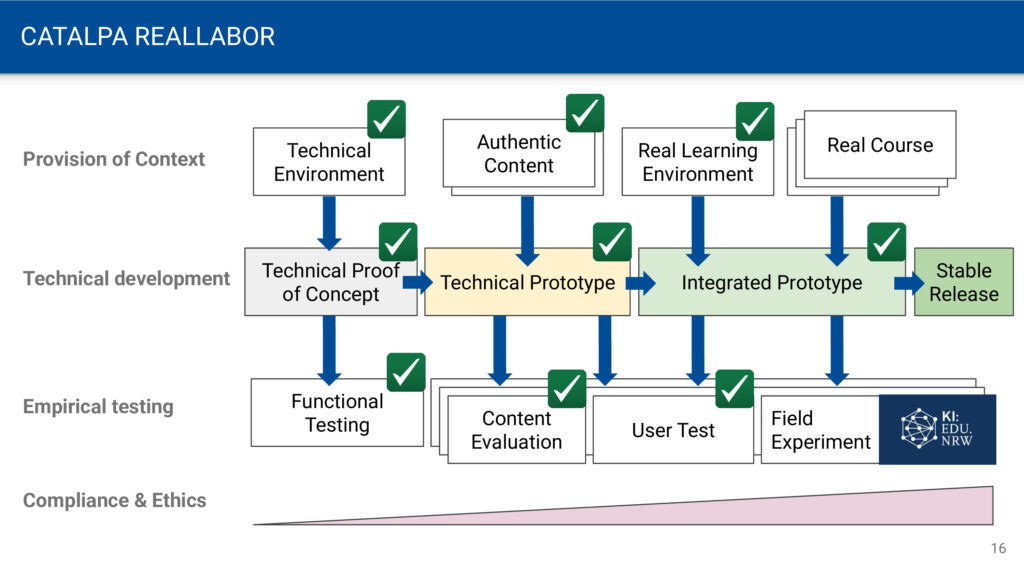
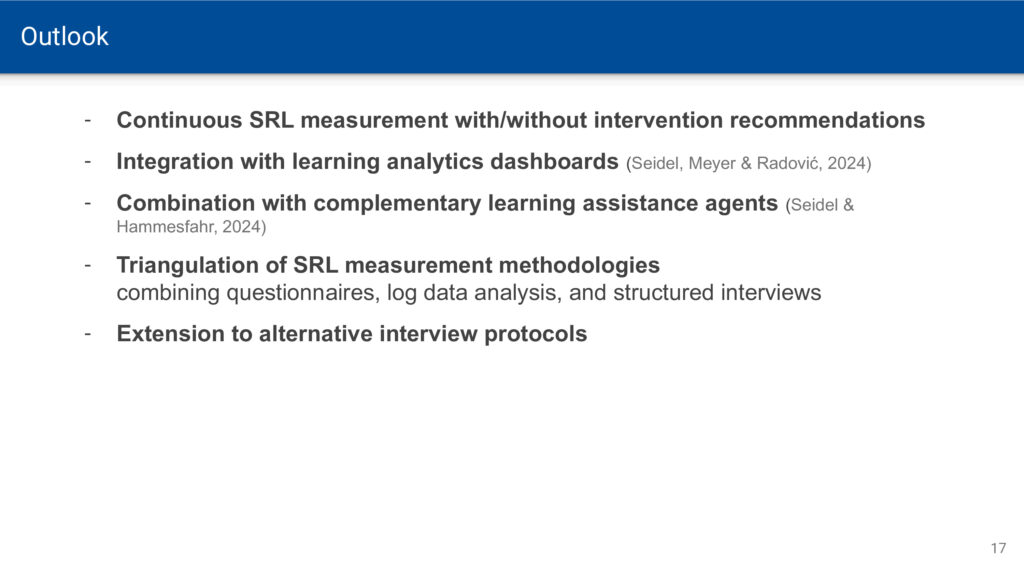
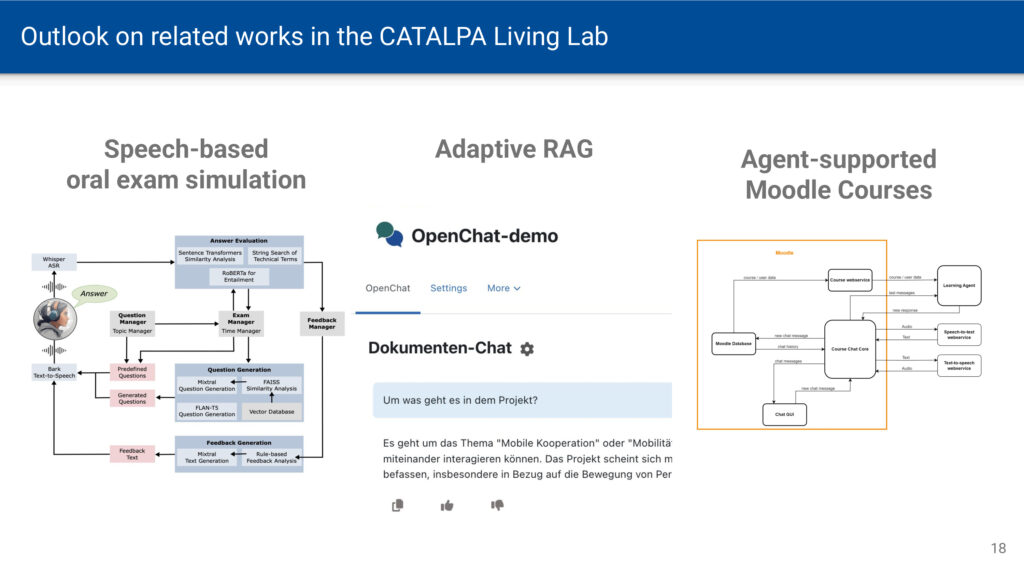
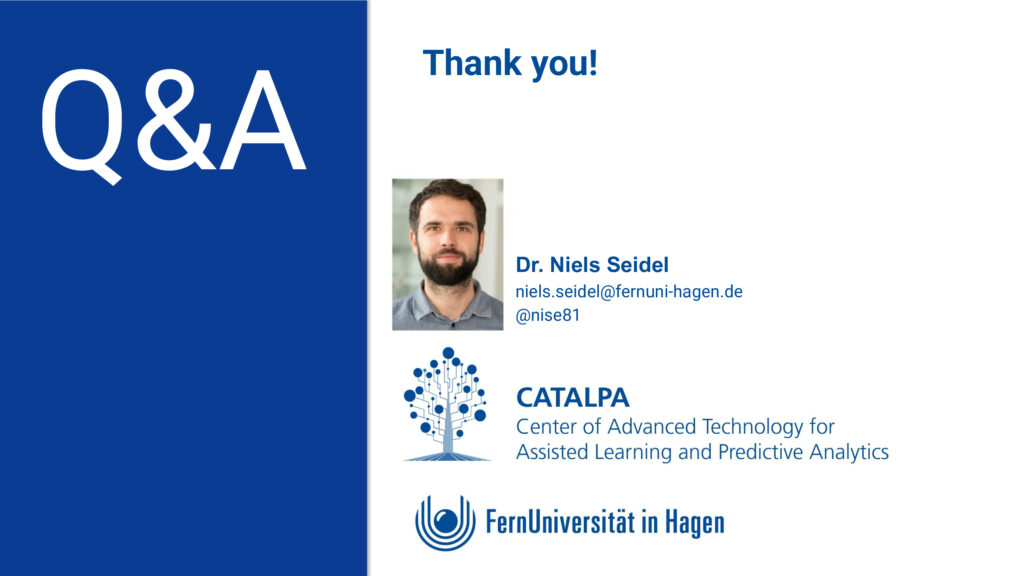
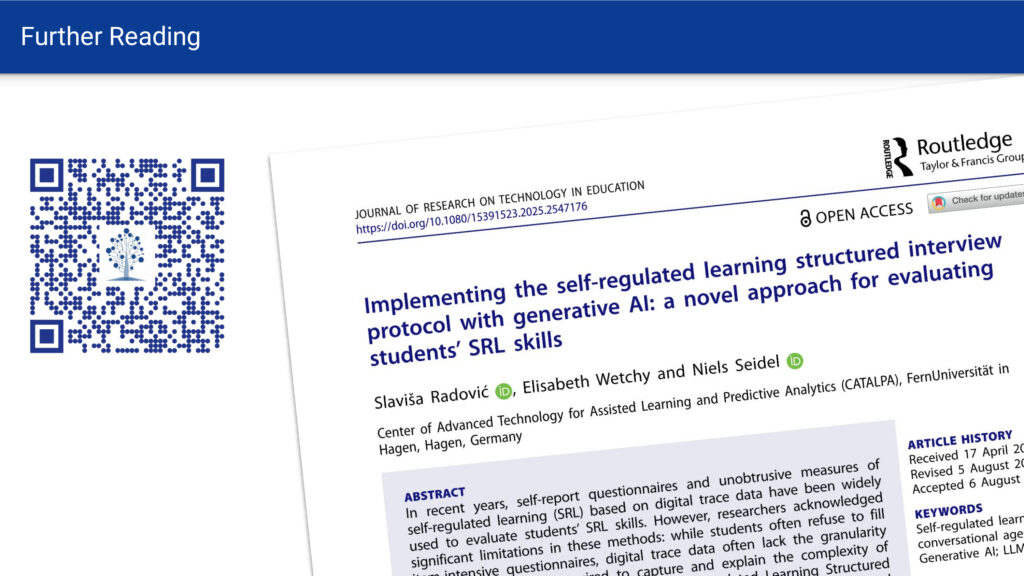
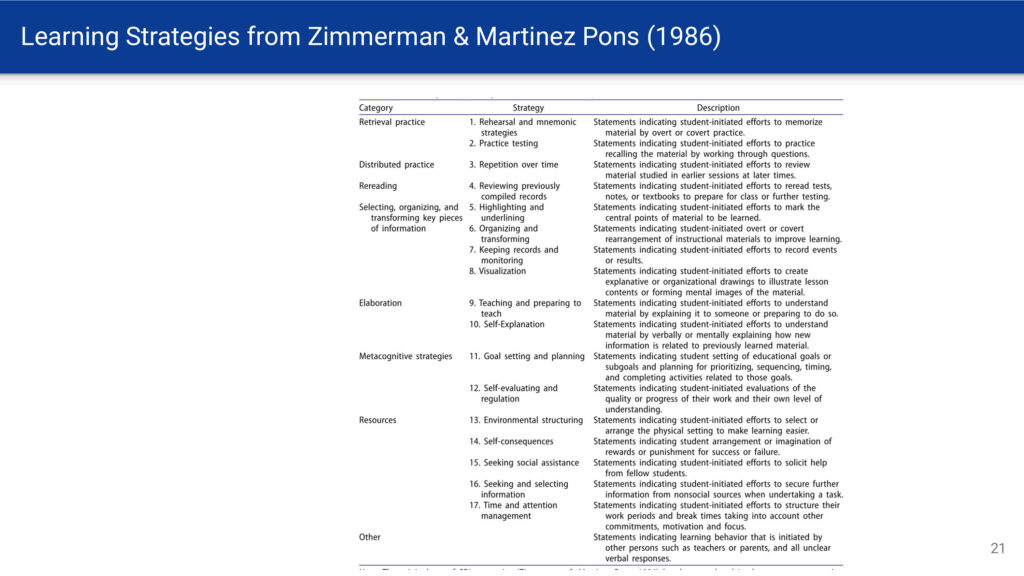
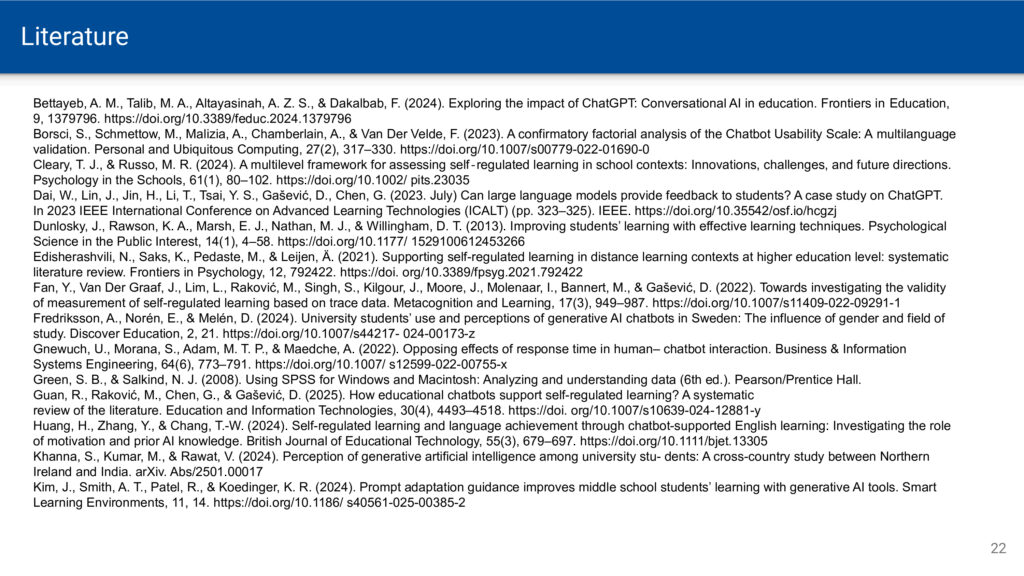
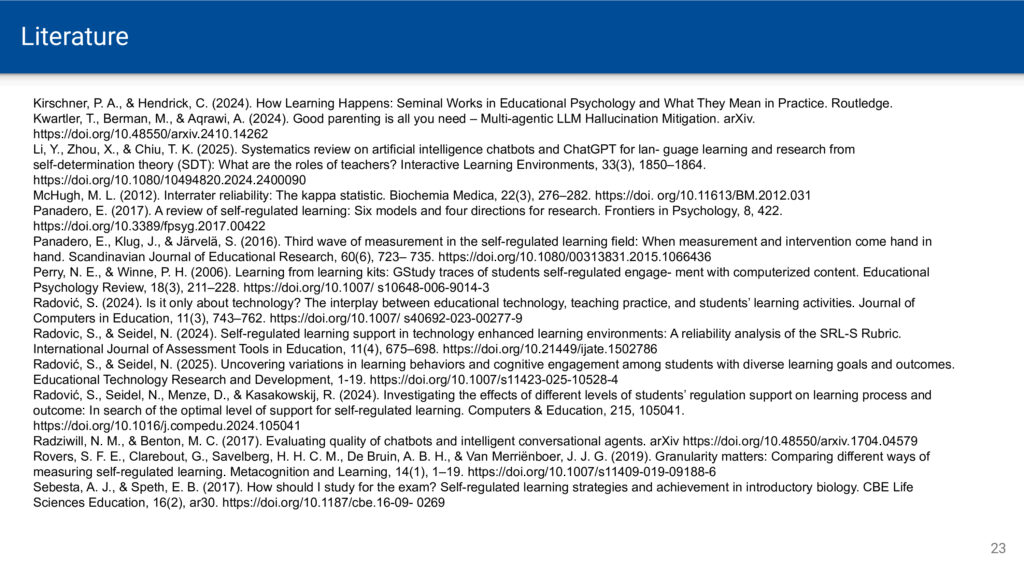
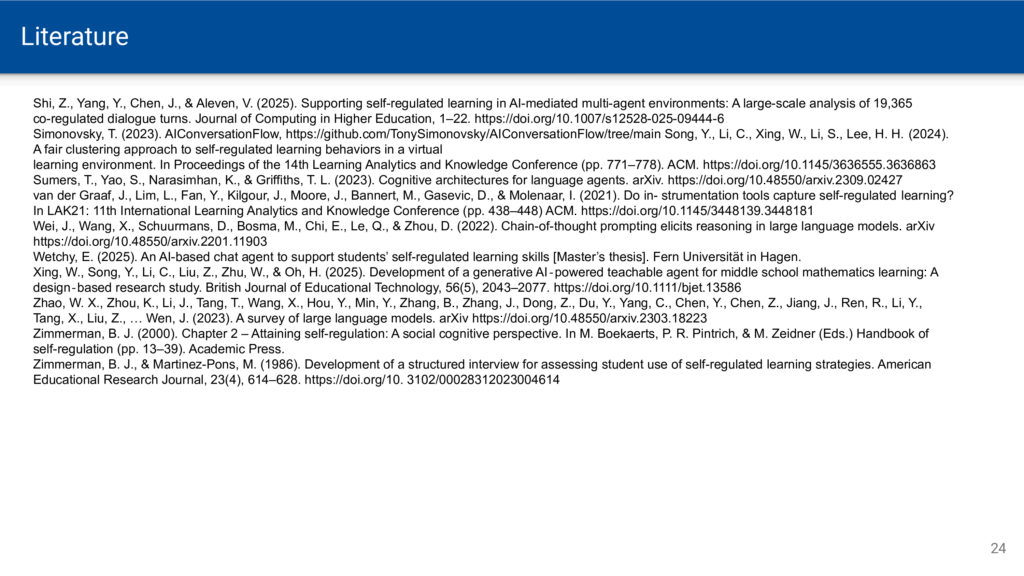
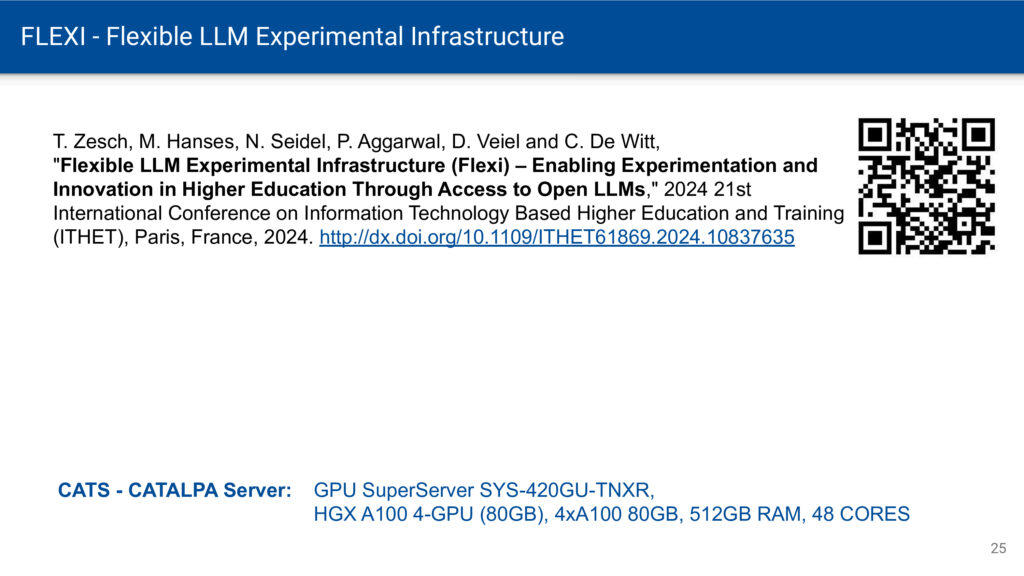
Am 2. September 2025 habe ich bei der Learning AID in Bochum unseren SRL-Agenten präsentiert. In der vorgestellten Version dient der Agent der Erhebung von Lernstrategien mit Hilfe eines Interviewprotokolls von Zimmerman und Martinez-Pons. Im CATALPA Reallabor untersuchen wir Interaktionen dieser Erhebungsmethode mit etablierten SRL-Messmethoden.
Abstract
Während das Potenzial von Large Language Models (LLMs) in jüngster Zeit in verschiedenen
Bereichen des Bildungswesens untersucht wurde, ist ihre Anwendung bei der Messung der
Fähigkeiten Studierender im Bereich des selbstgesteuerten Lernens (SRL) noch nicht ausreichend
erforscht. Aktuelle Initiativen zur Messung von SRL (Befragungen, digitale trace data) stehen vor
mehreren Herausforderungen, die die Entwicklung effektiver SRL-Maßnahmen direkt behindern.
Um diese komplexe Bildungsherausforderung anzugehen, untersucht diese Studie die
Implementierung und Evaluierung eines generativen KI-Agenten, der entwickelt wurde, um
Interviews auf der Grundlage des Self-Regulated Learning Structured Interview (SRLSI) von
Zimmerman und Martinez-Pons durchzuführen. Das System wurde mit 13 Teilnehmern hinsichtlich
Effizienz, Effektivität und Zufriedenheit zu untersuchen. Die Ergebnisse zeigen, dass der Agent das
SRLSI-Interview erfolgreich durchführen kann und eine effiziente Automatisierung von SRL-
Bewertungen demonstriert. Die Lernenden fanden das in Discord und Moodle integrierte Tool
benutzerfreundlich und schätzten die Genauigkeit und Qualität der Gespräche. Die Rückmeldungen
zum Nutzen und zur Relevanz der Empfehlungen waren jedoch uneinheitlich, was
Verbesserungsmöglichkeiten und das Potenzial zur Verbesserung der personalisierten
Lernunterstützung unterstreicht. Diese Ergebnisse bieten direkte Einblicke für zukünftige
Fortschritte bei der SRL-Messung und SRL-Interventionen.
Folien:
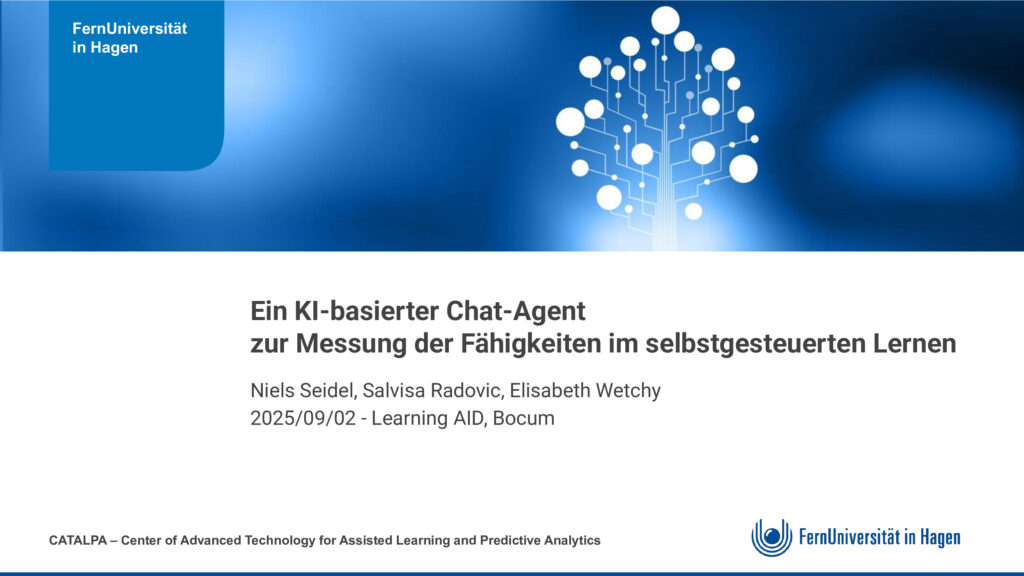























It was the first time that I had participated in the CSEDU conference. The conference is B-ranked in the Australian core ranking, so I felt it was worth going there. Among the few inspiring talks I’ve seen at the conference, I would highlight the following three because they are relevant to my work at CATALPA:
In the following, I provide the slides of the three talks we had at CSEDU’25.




